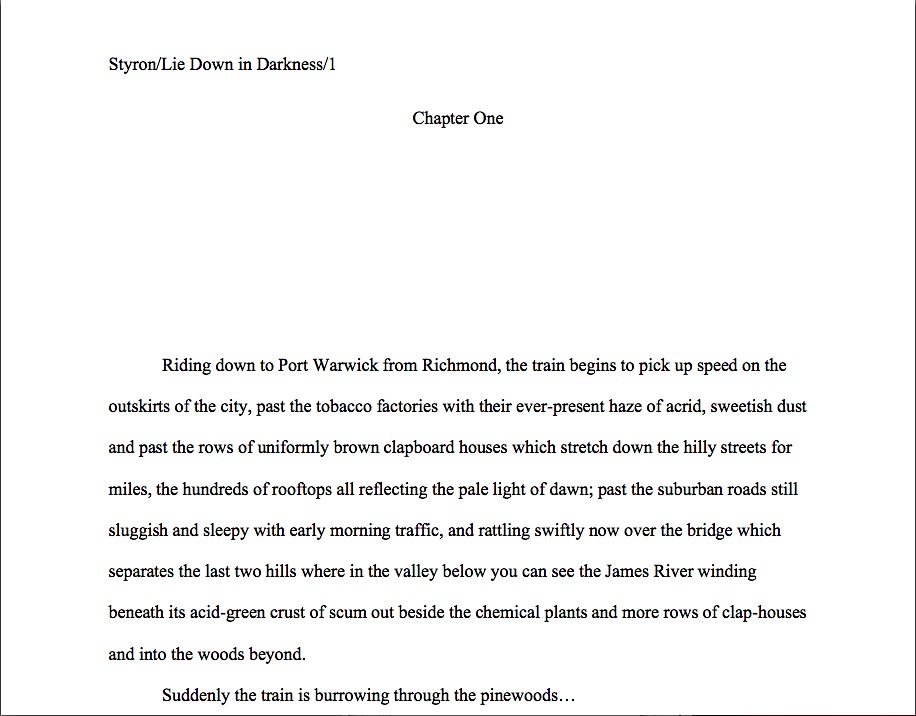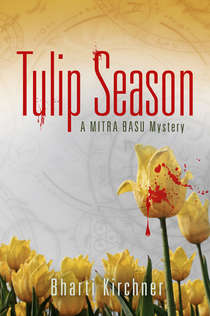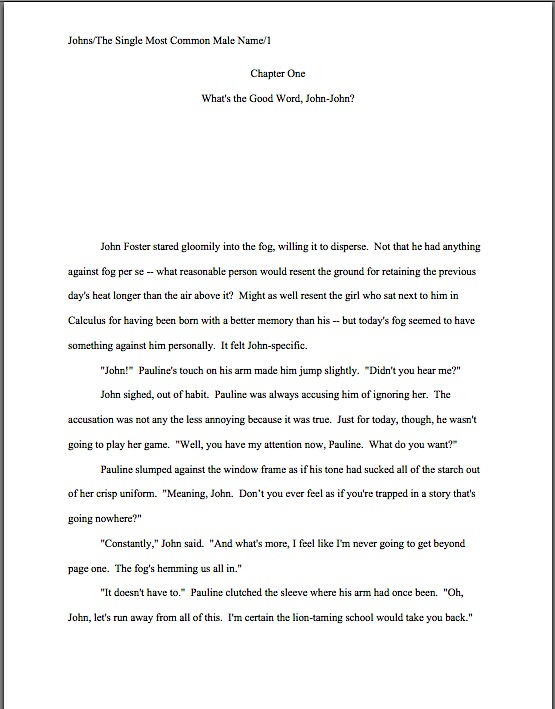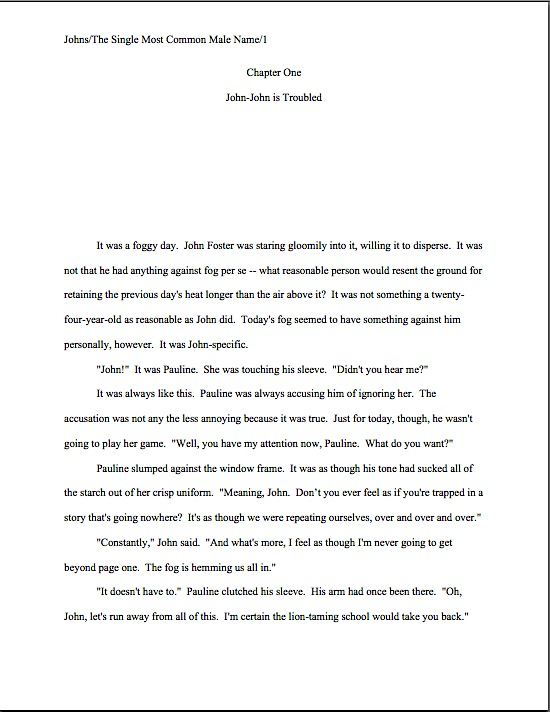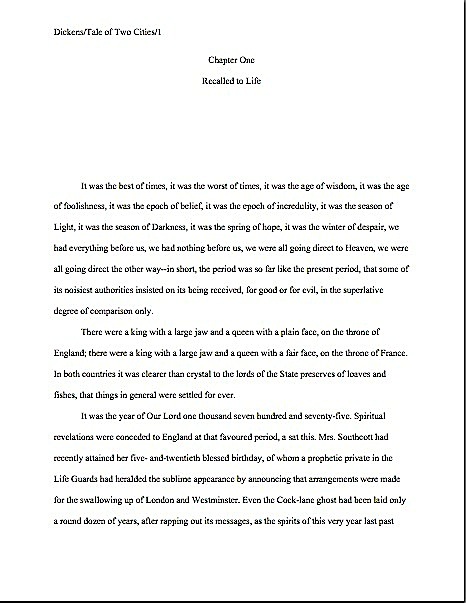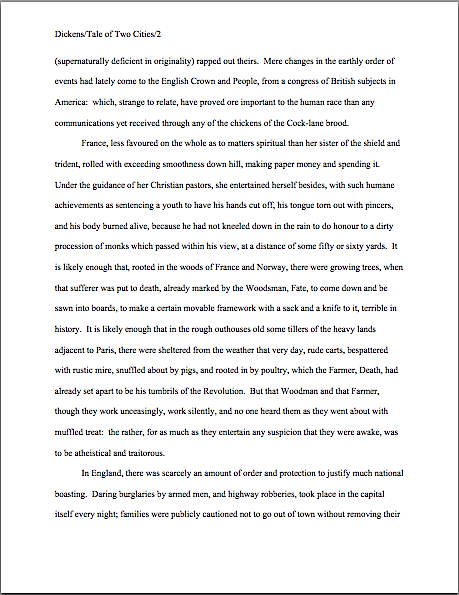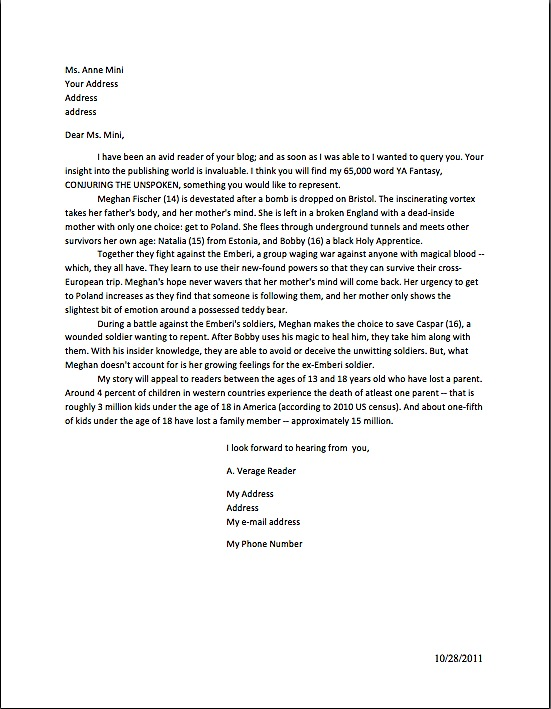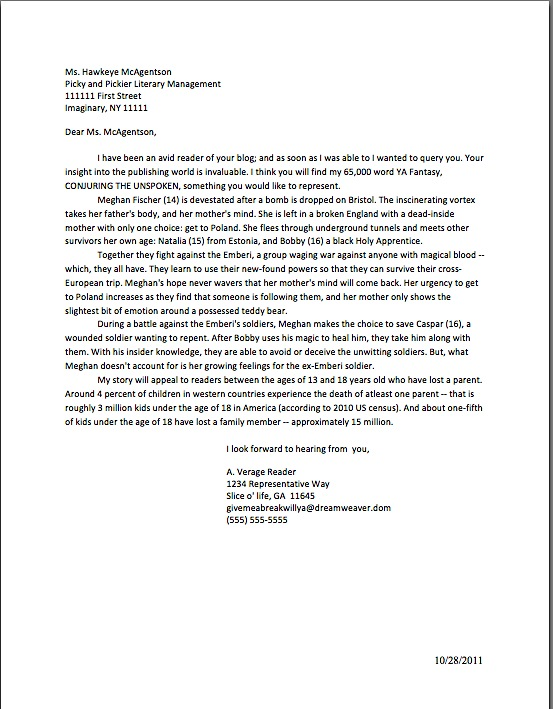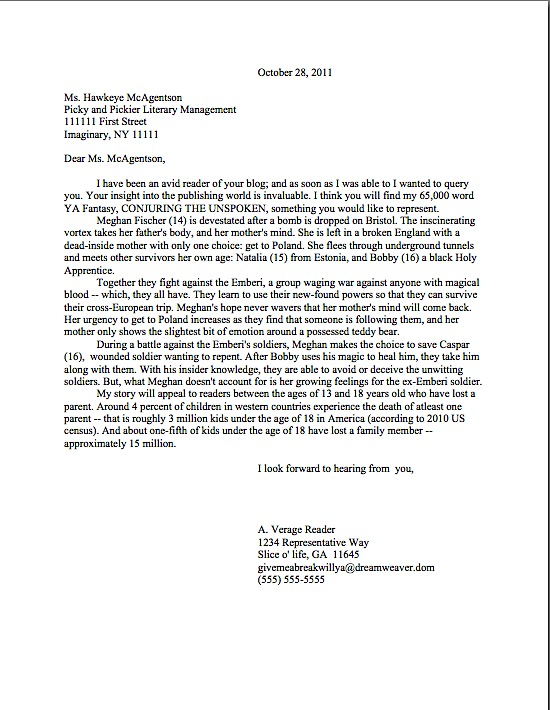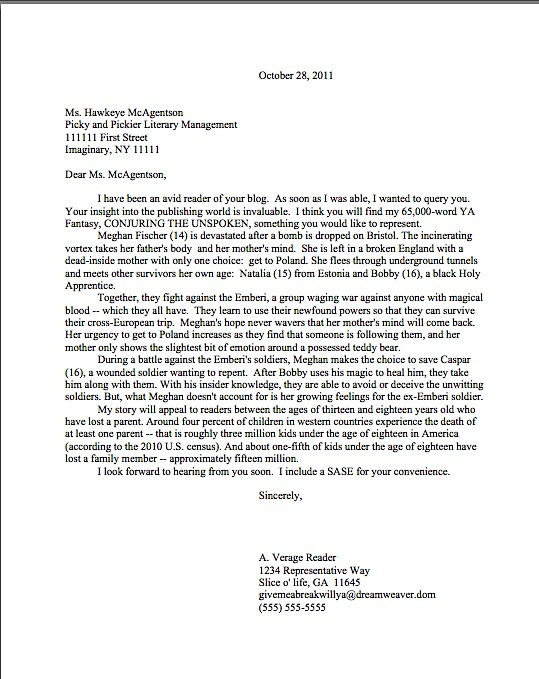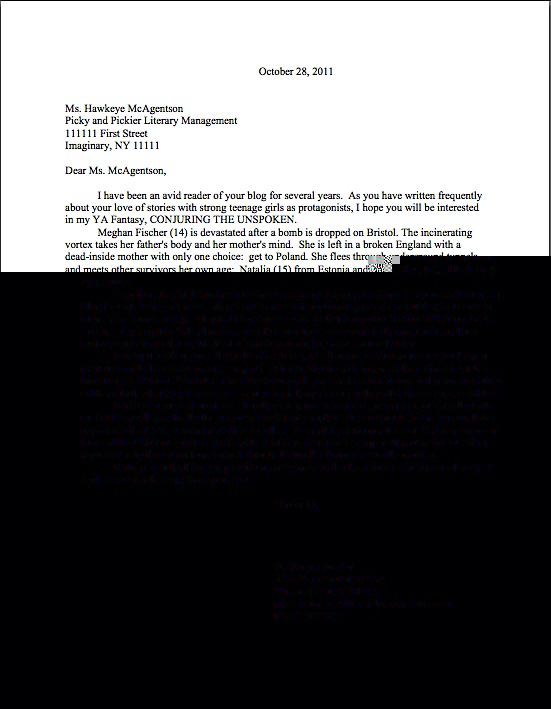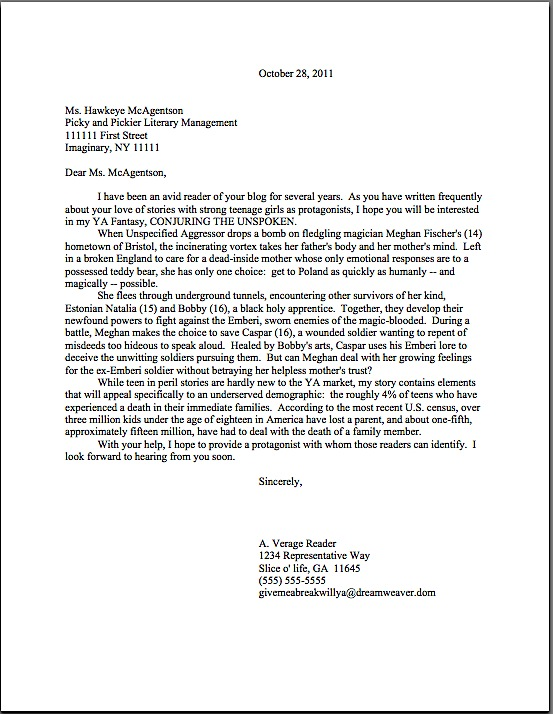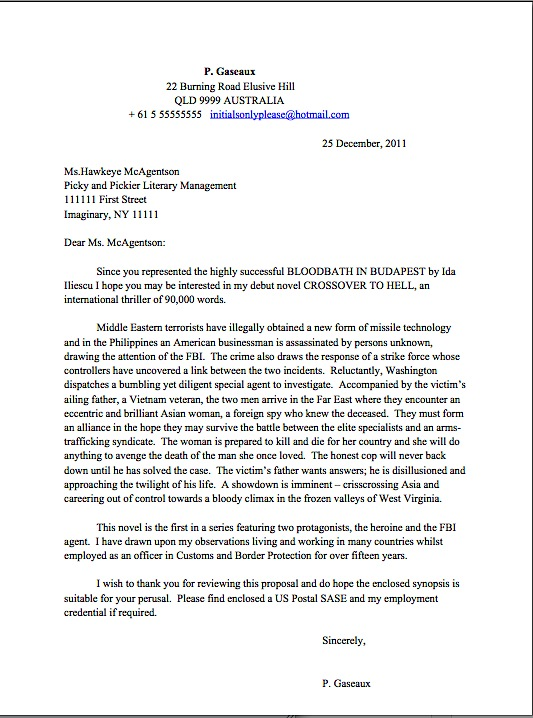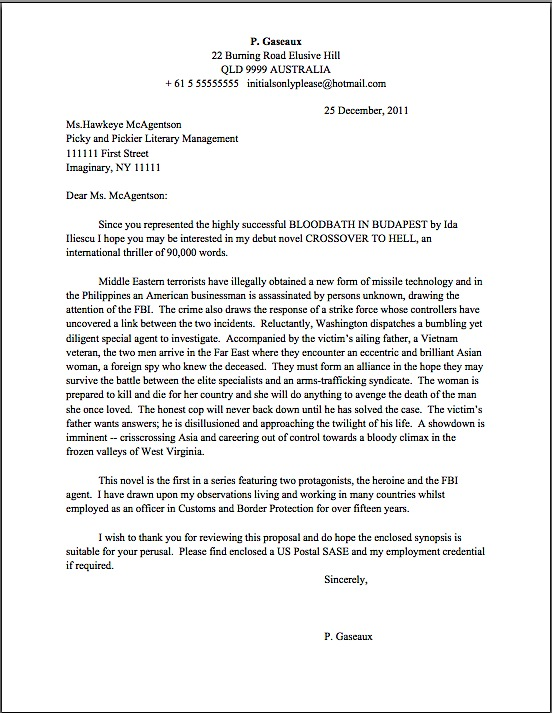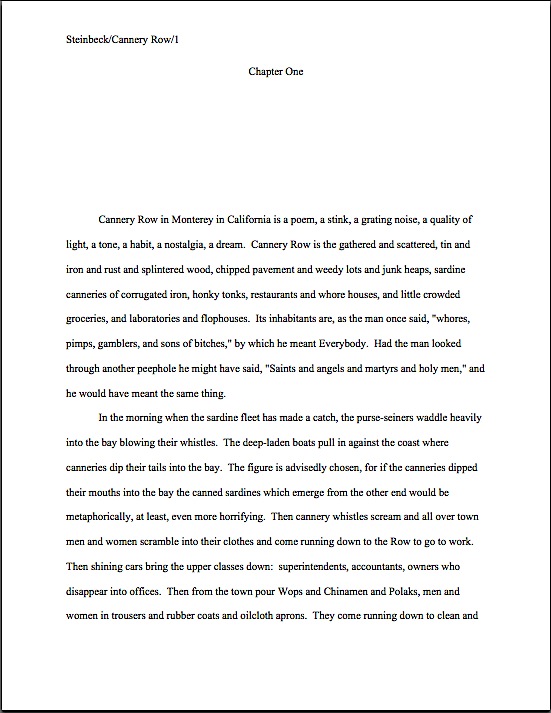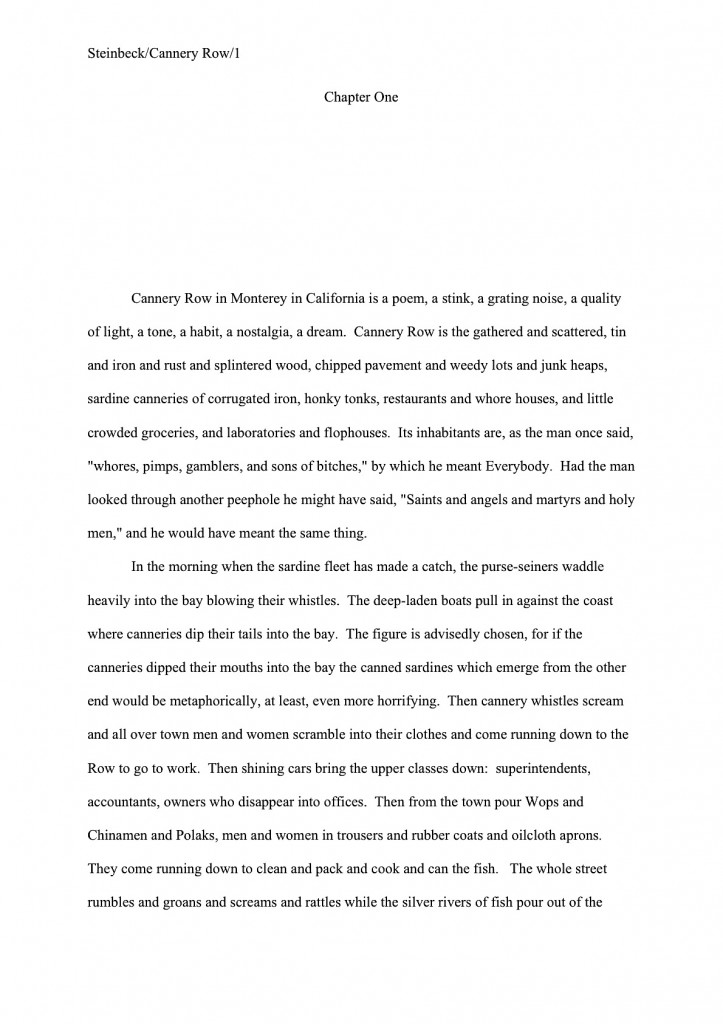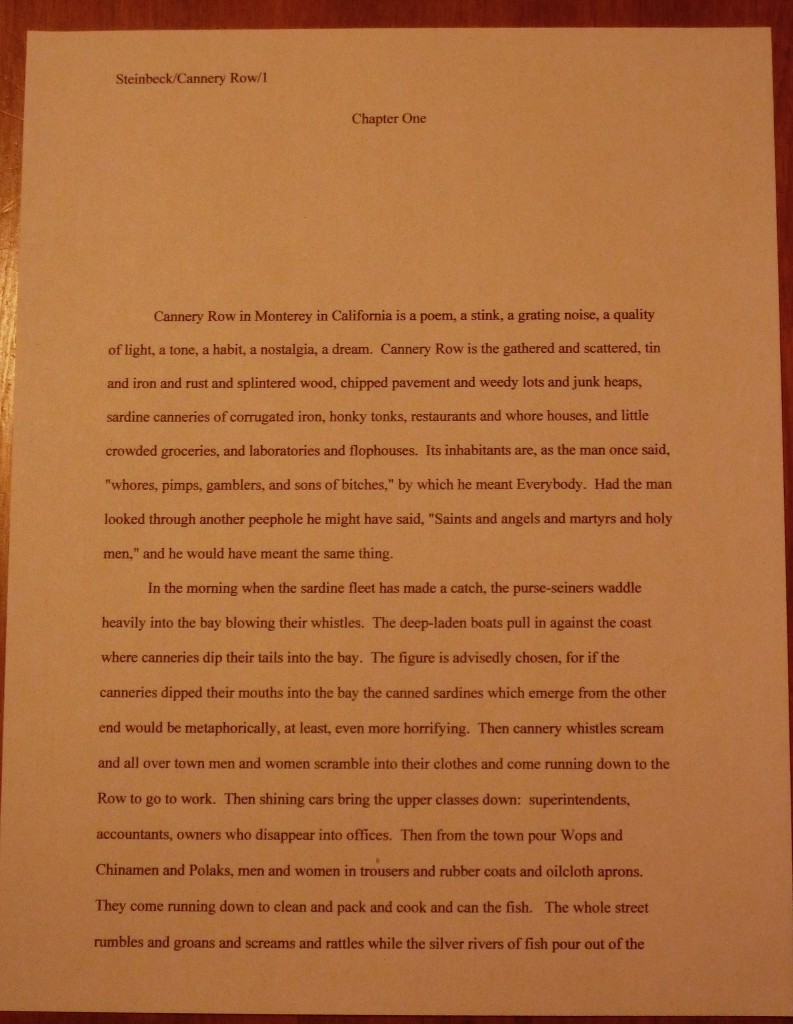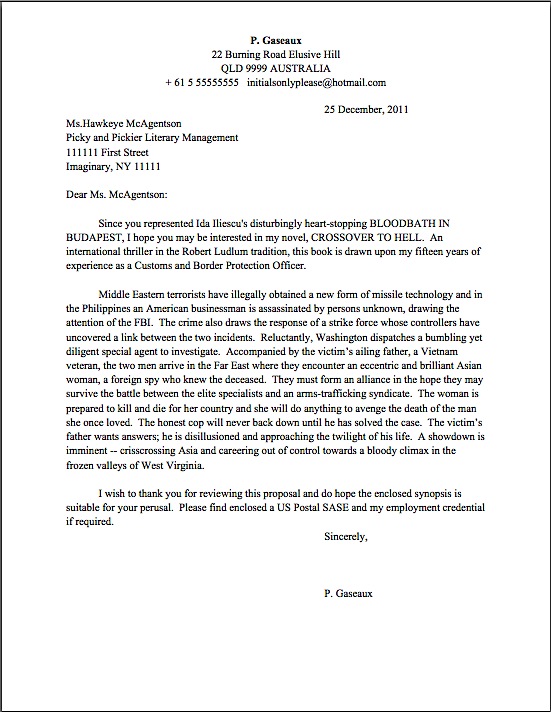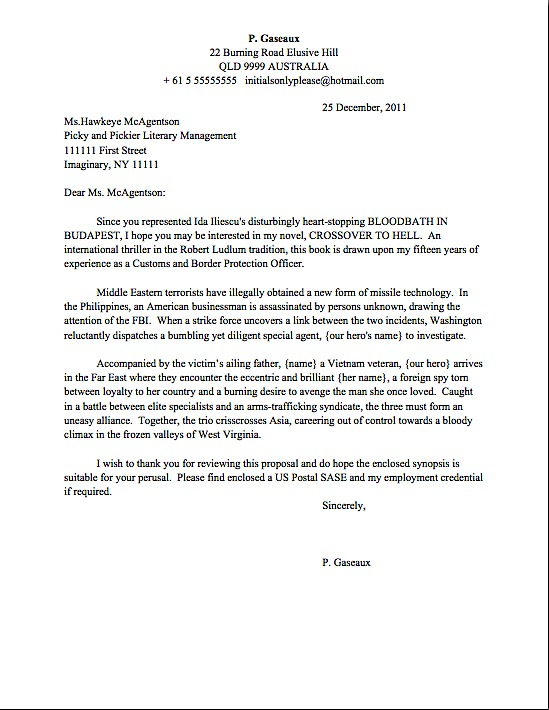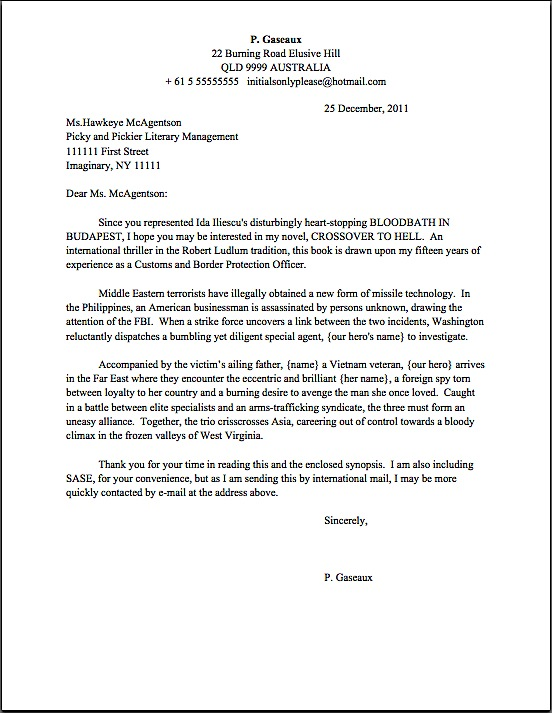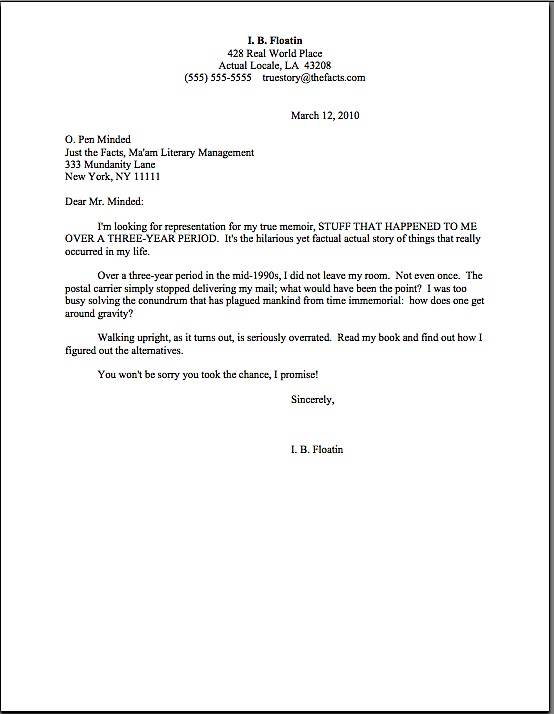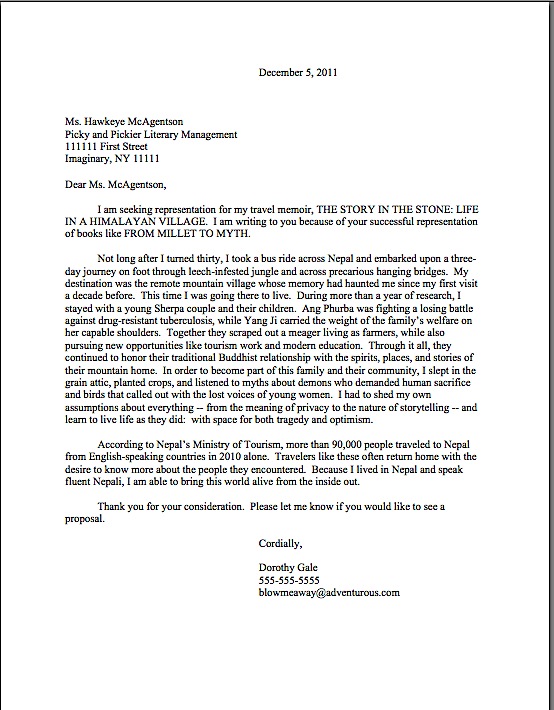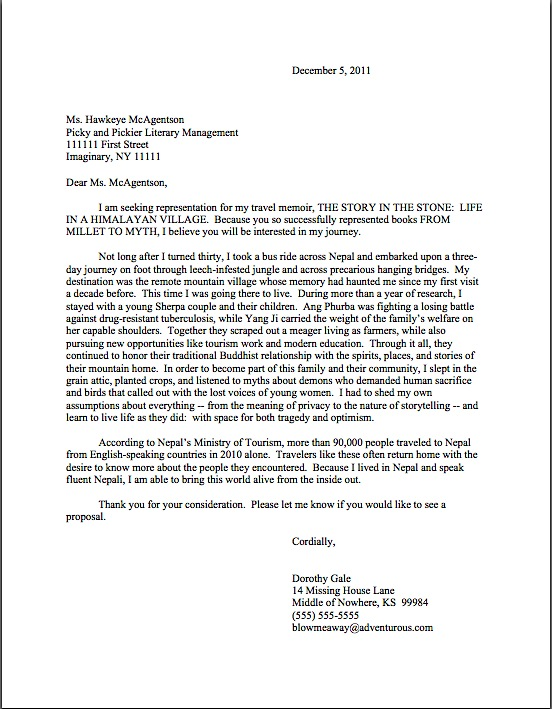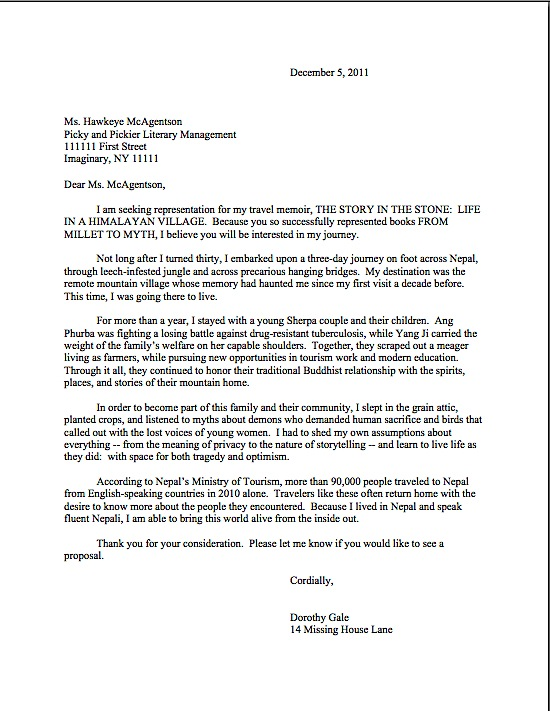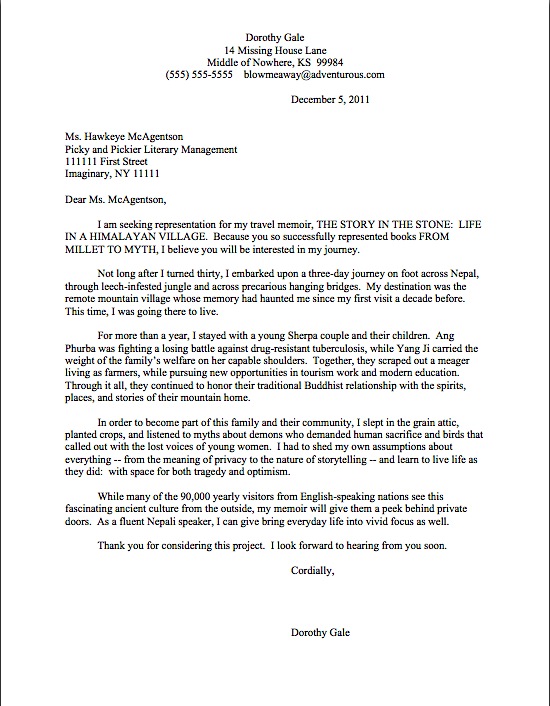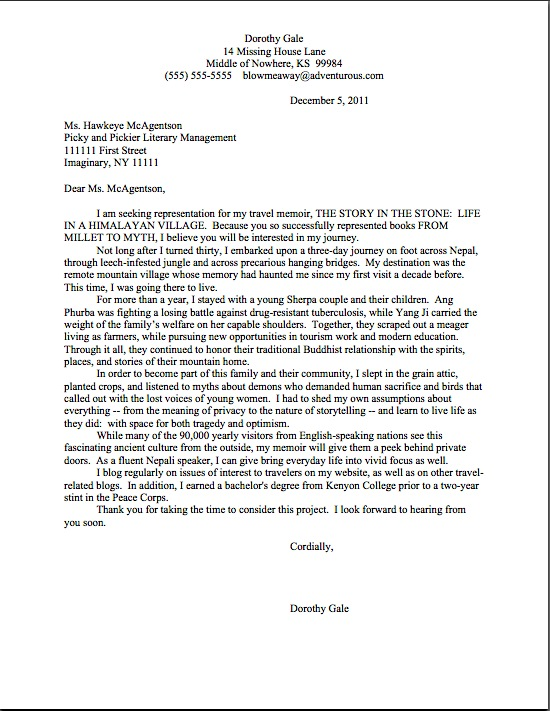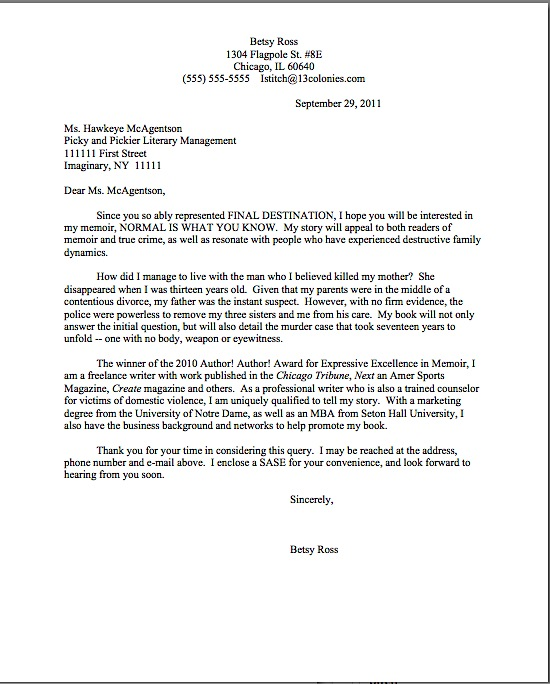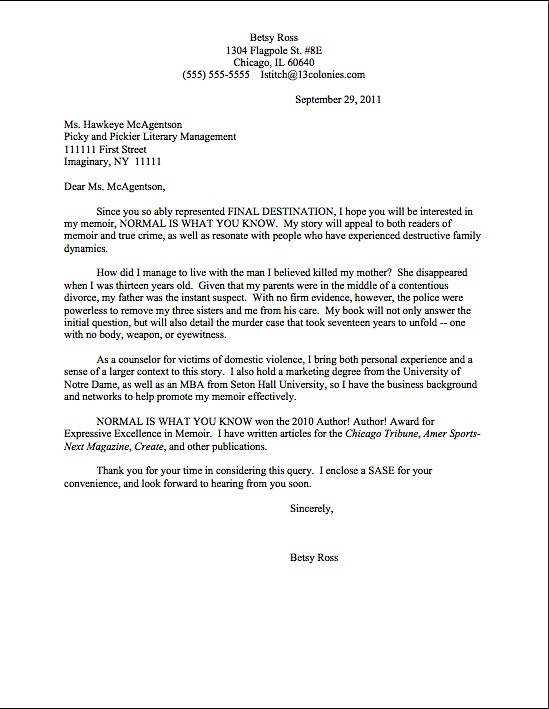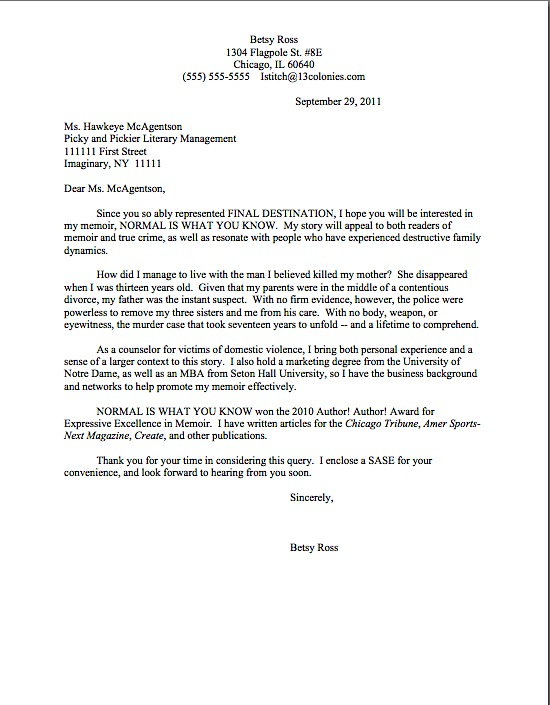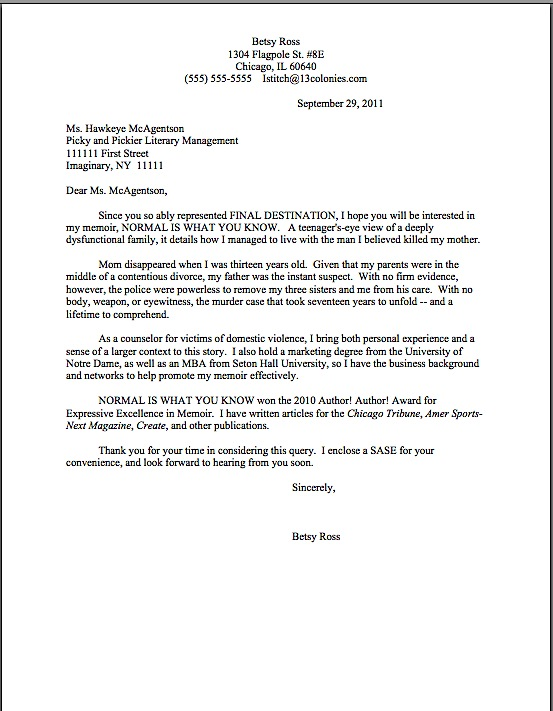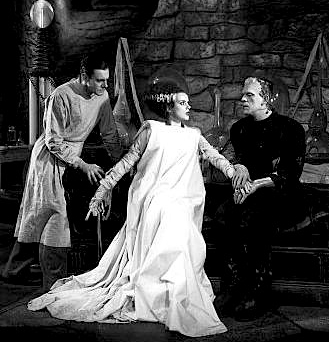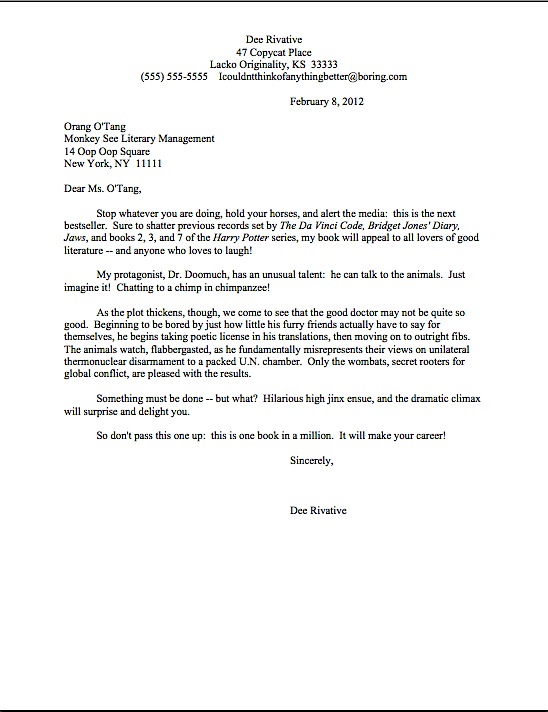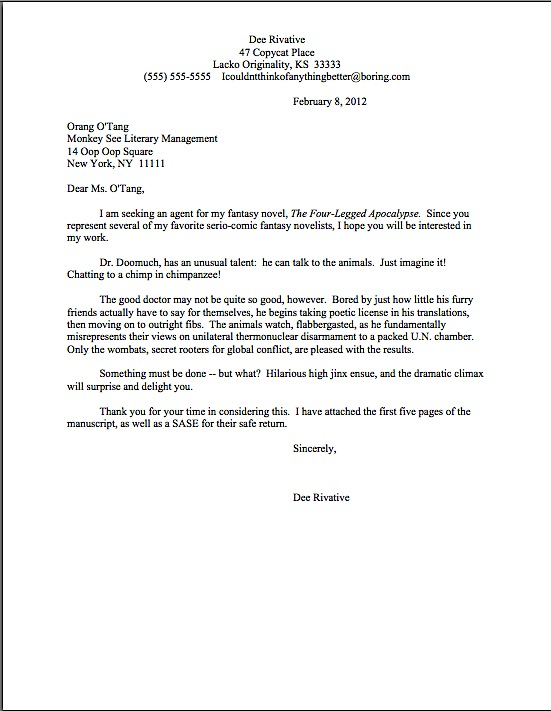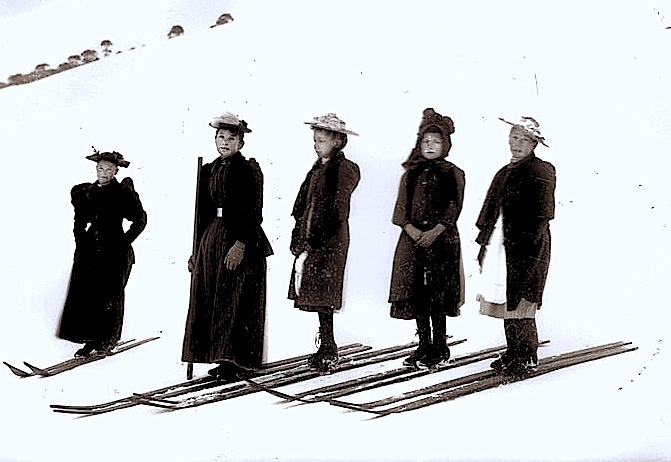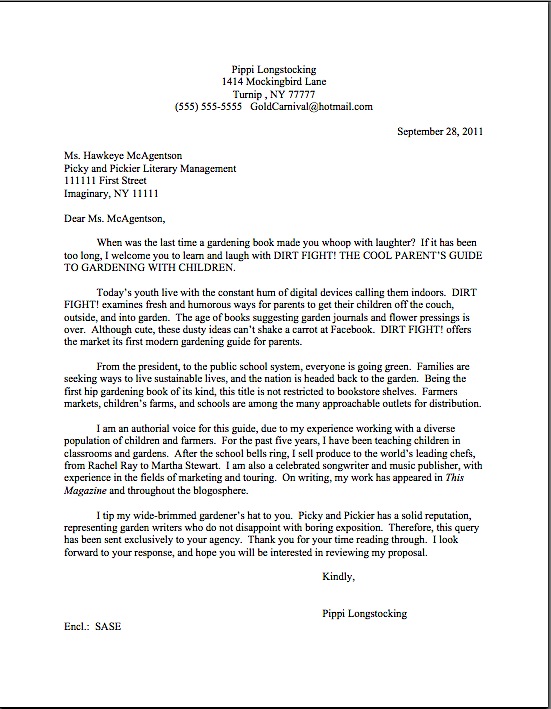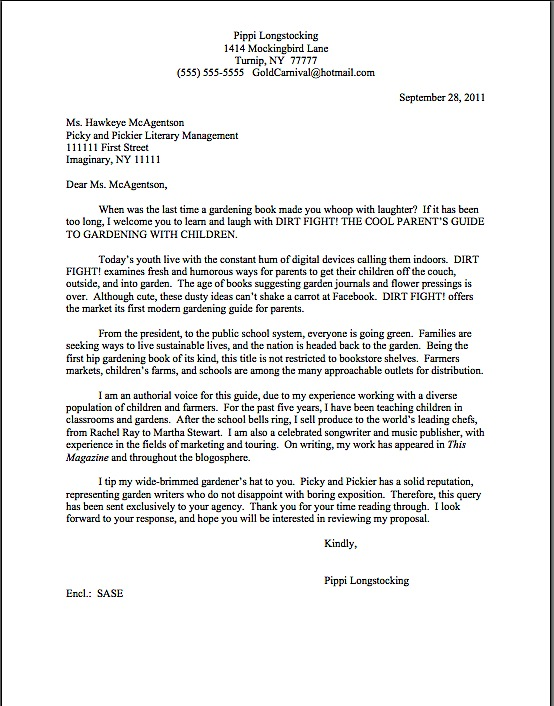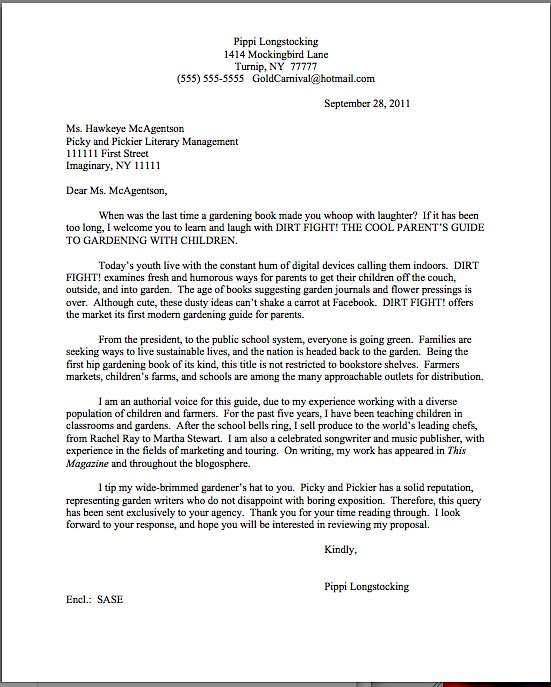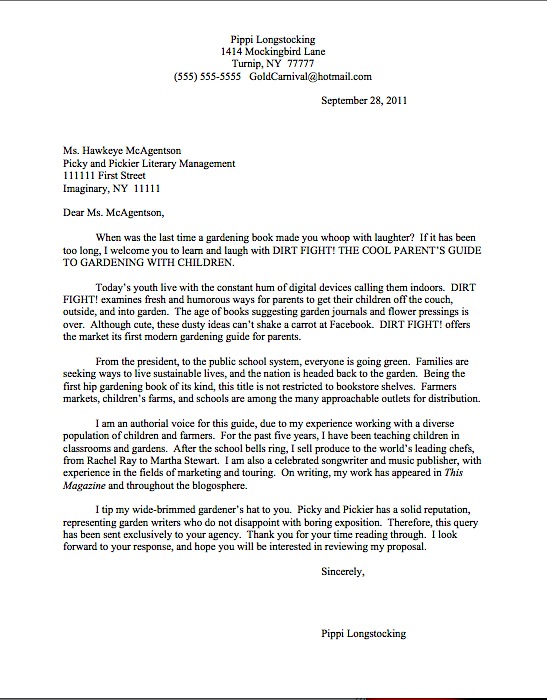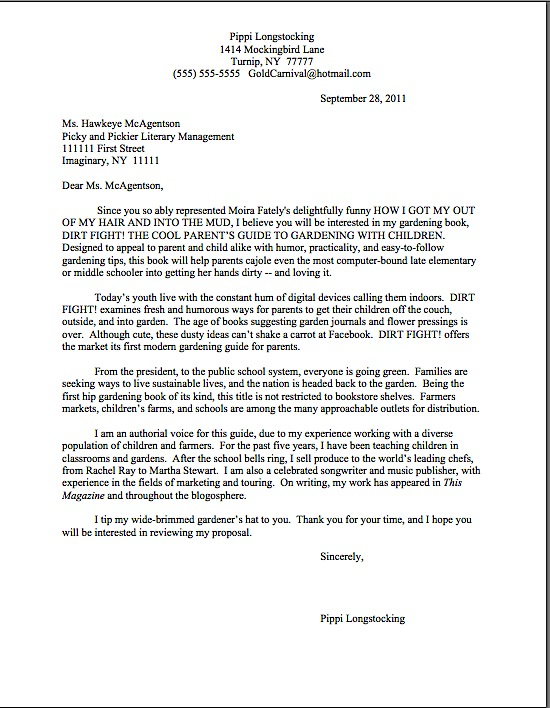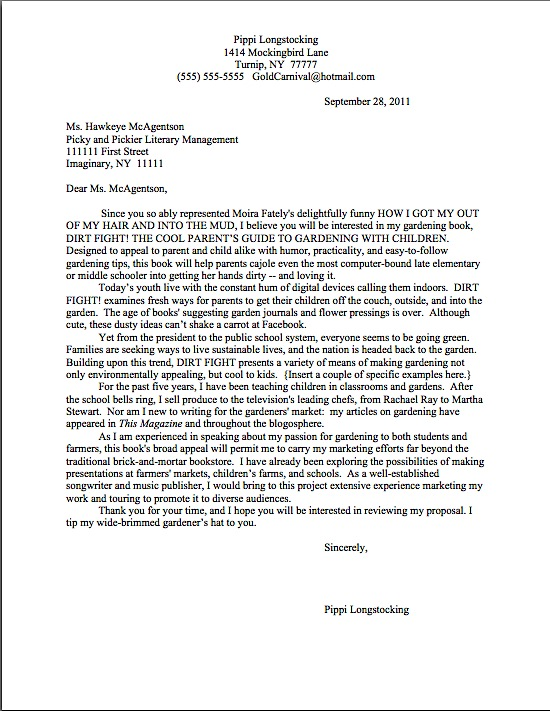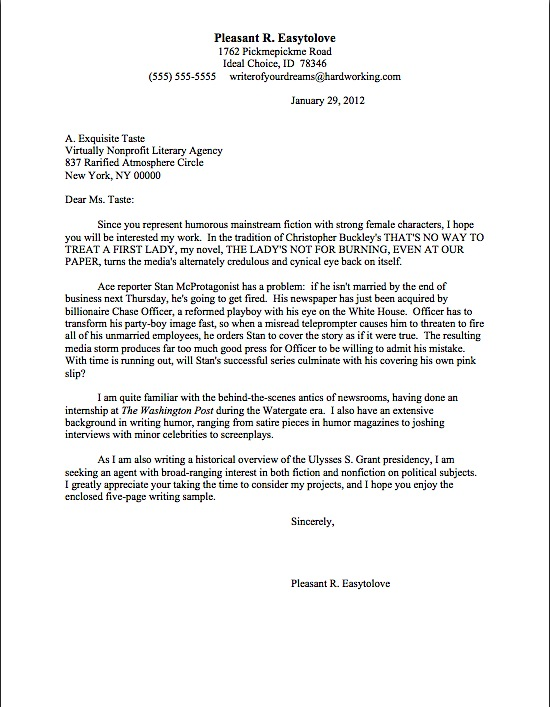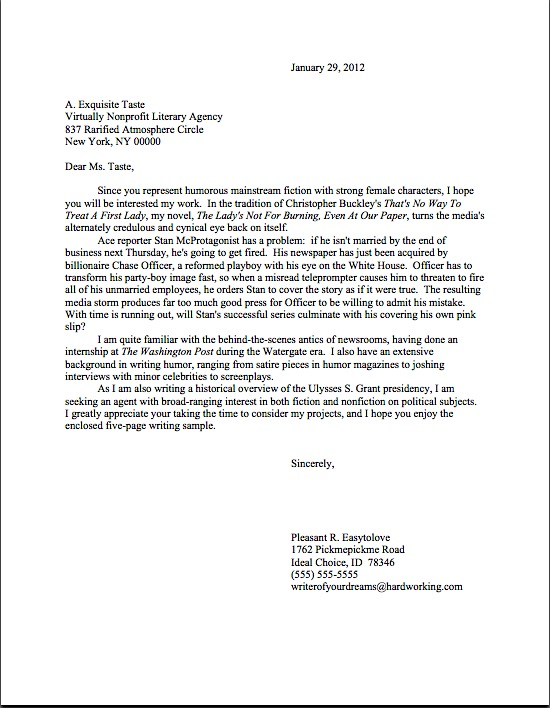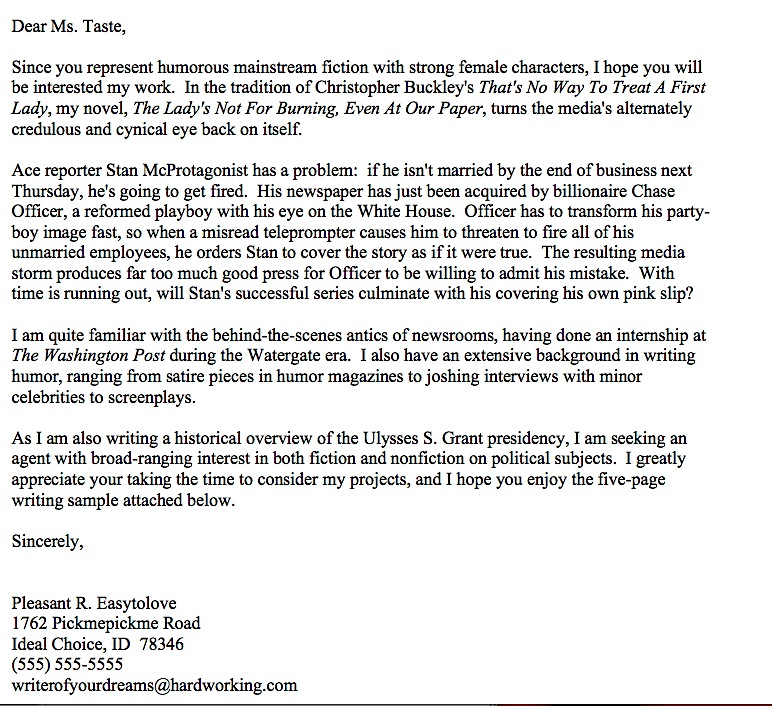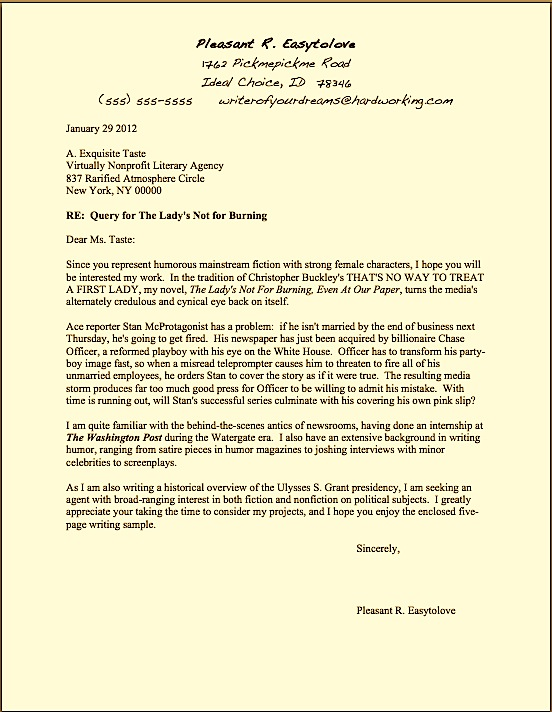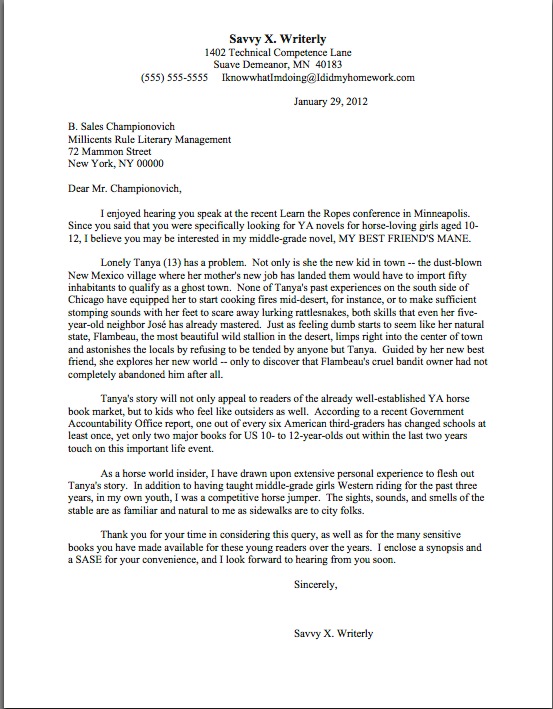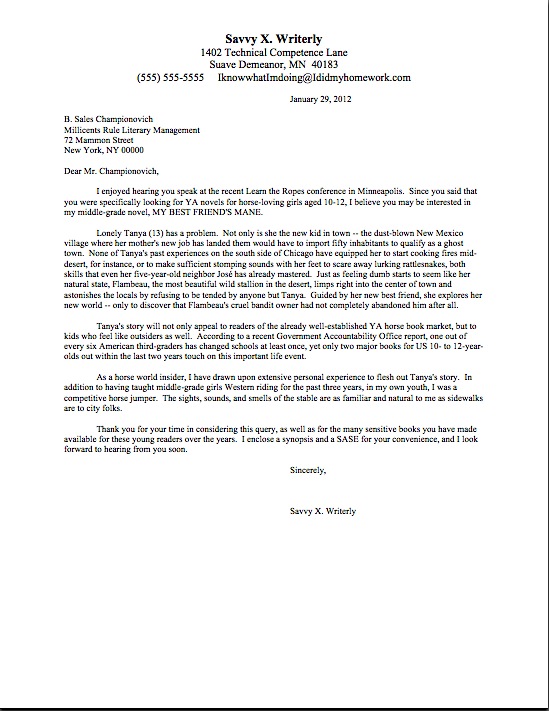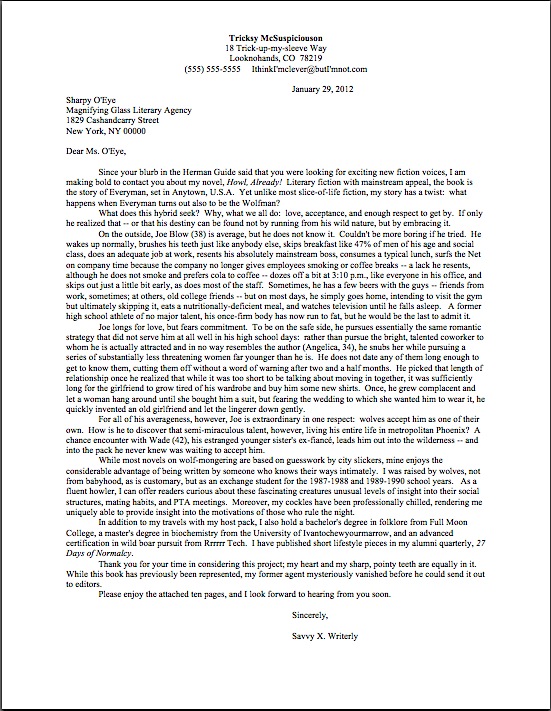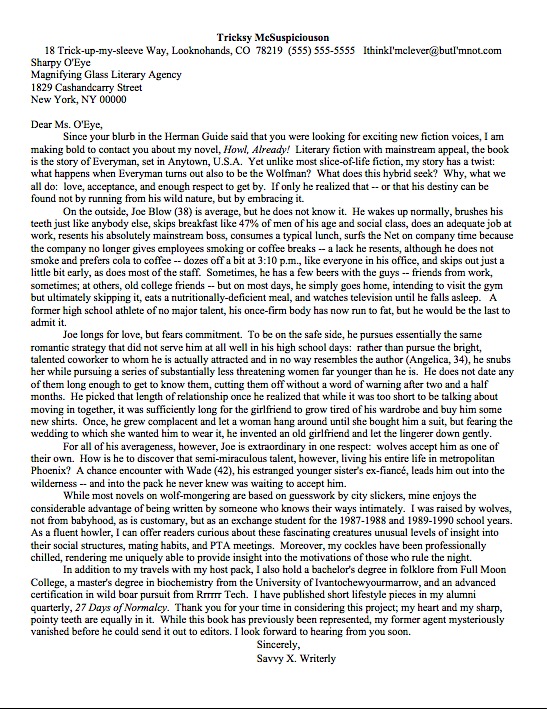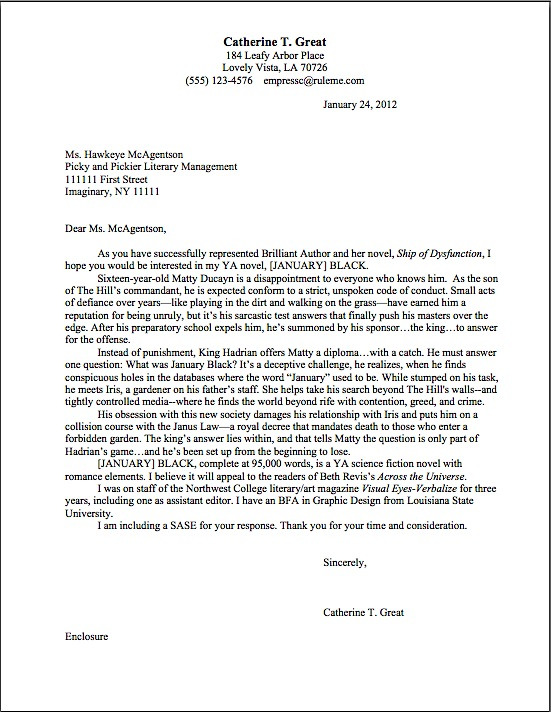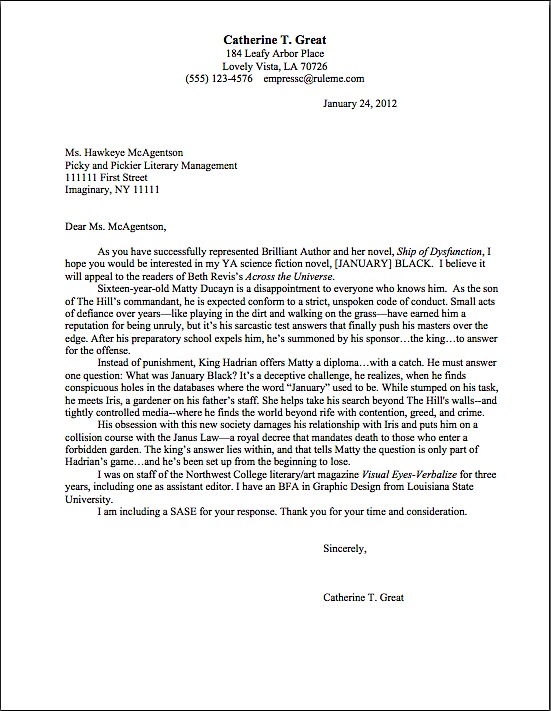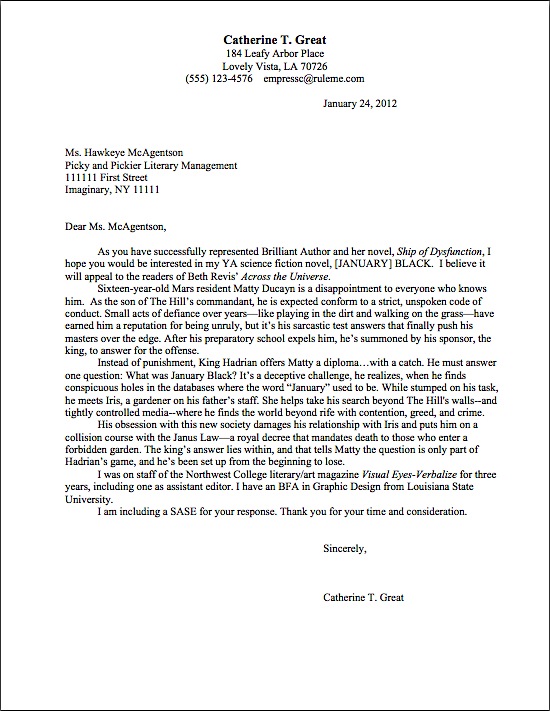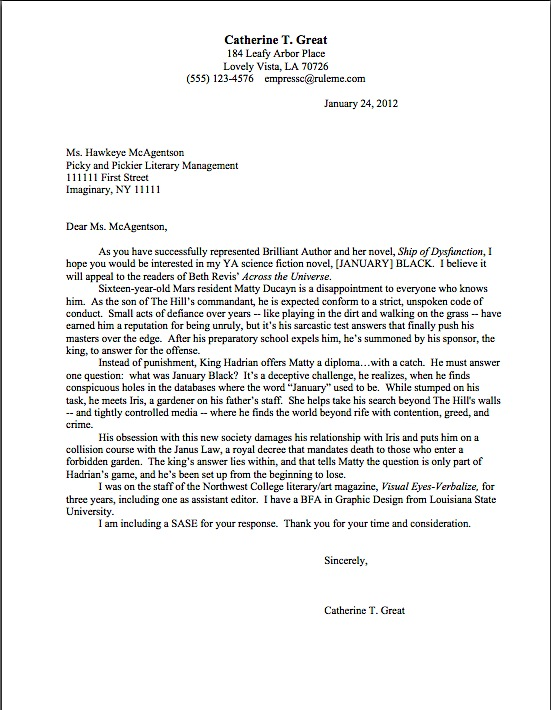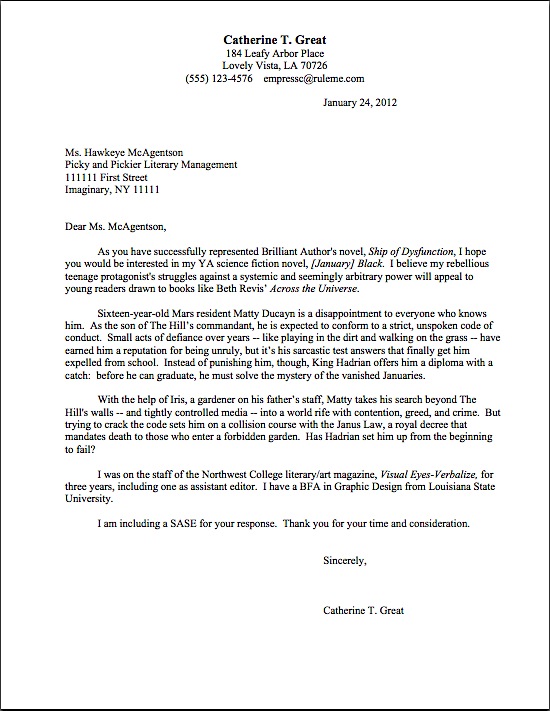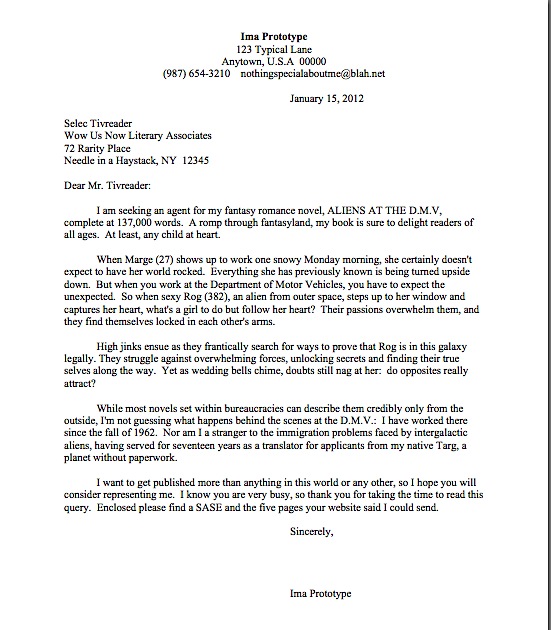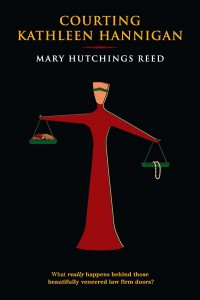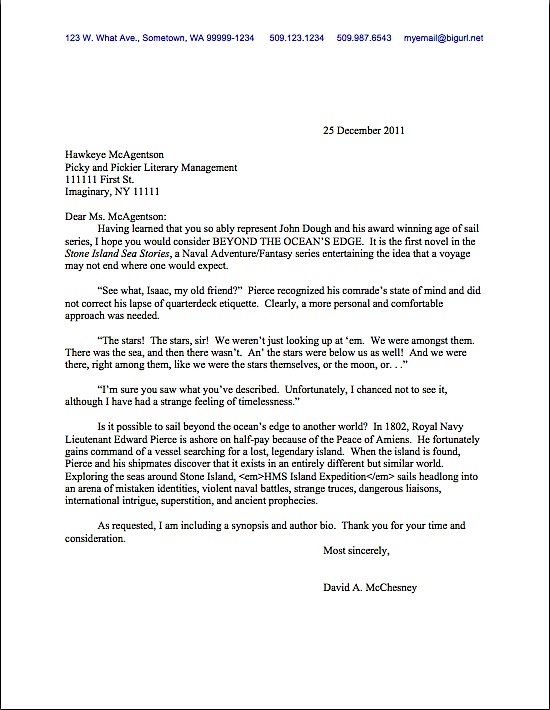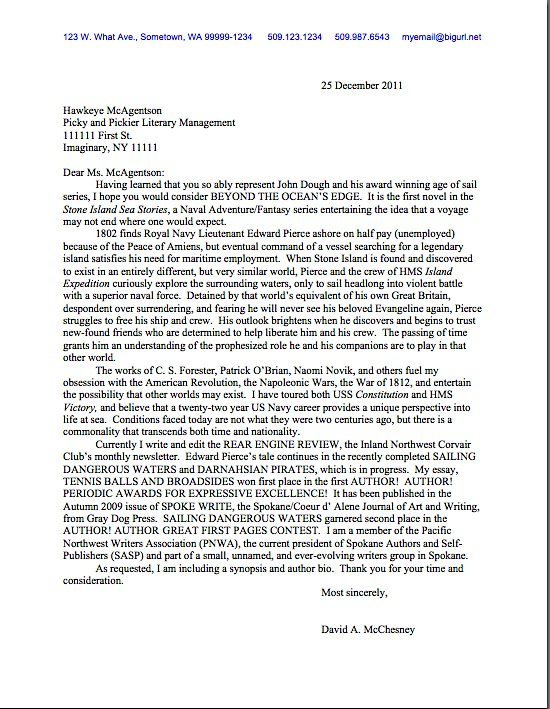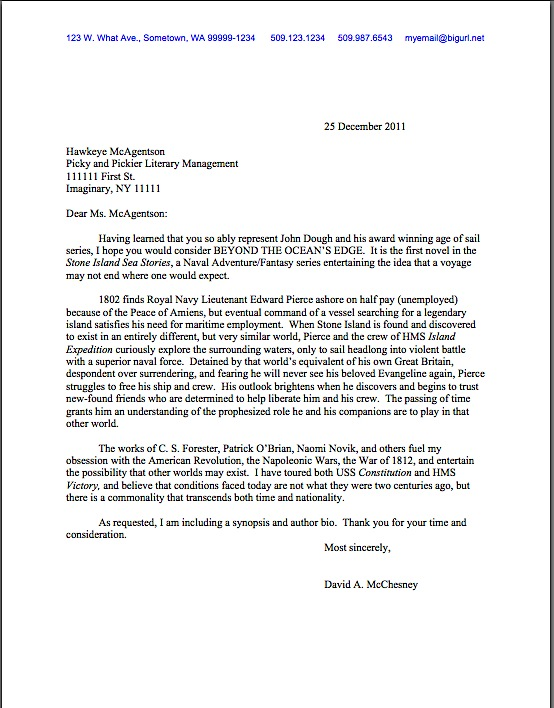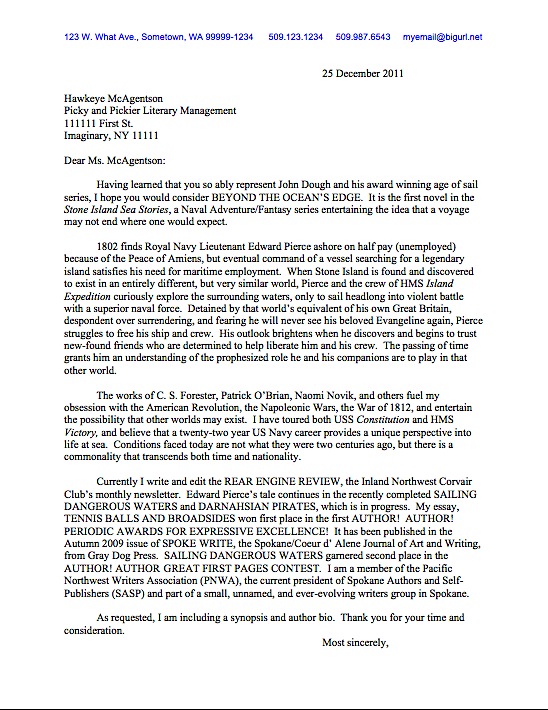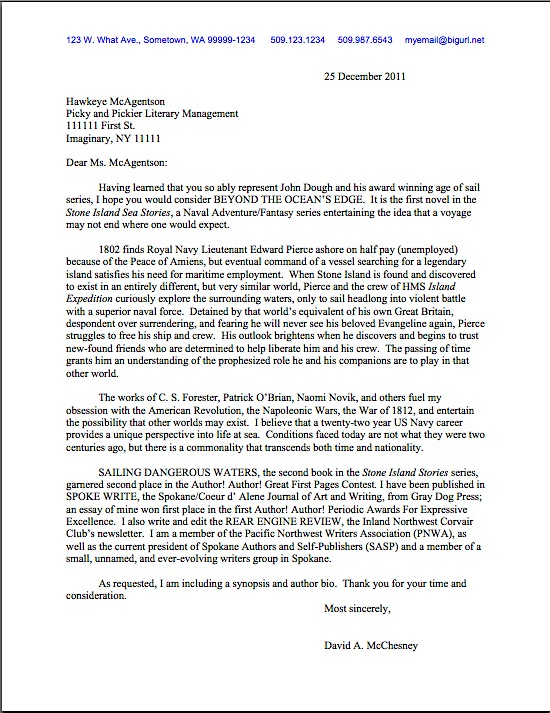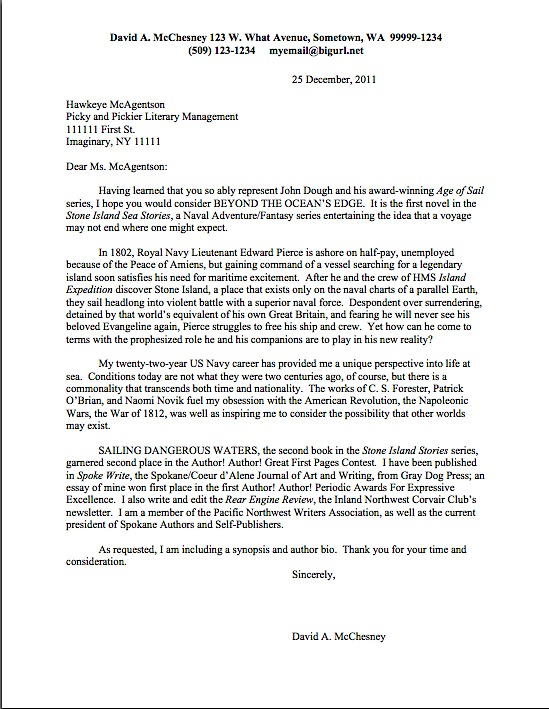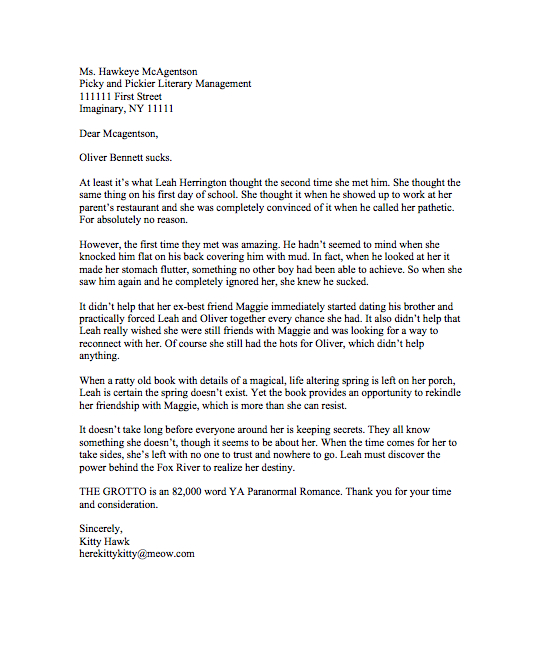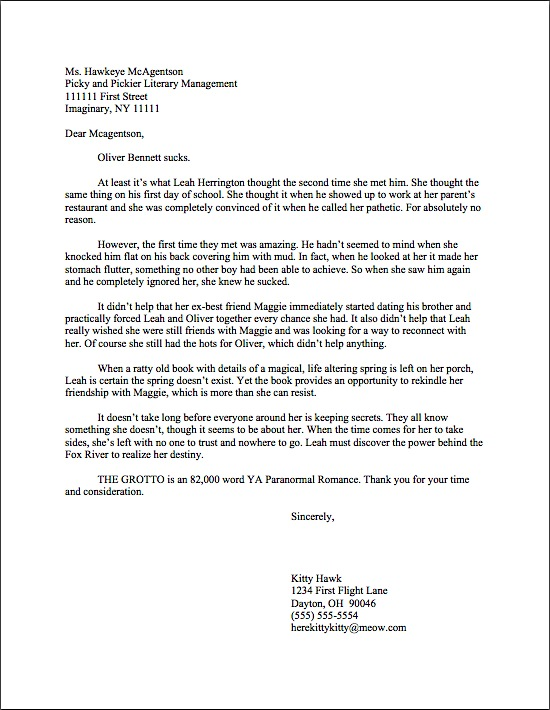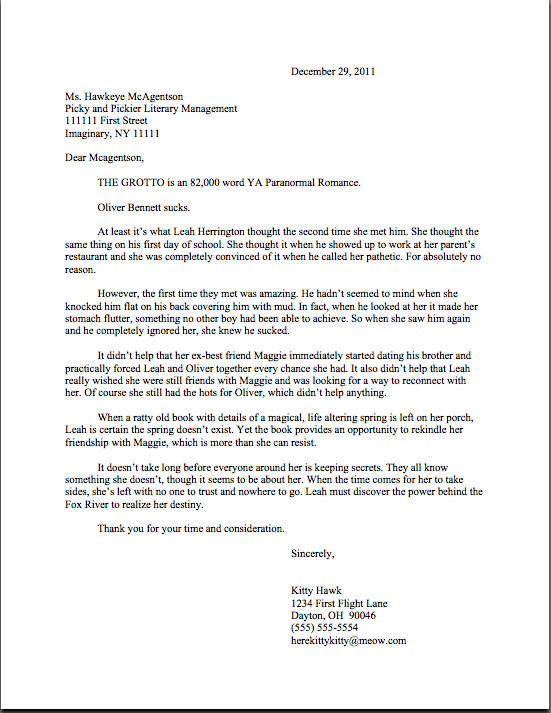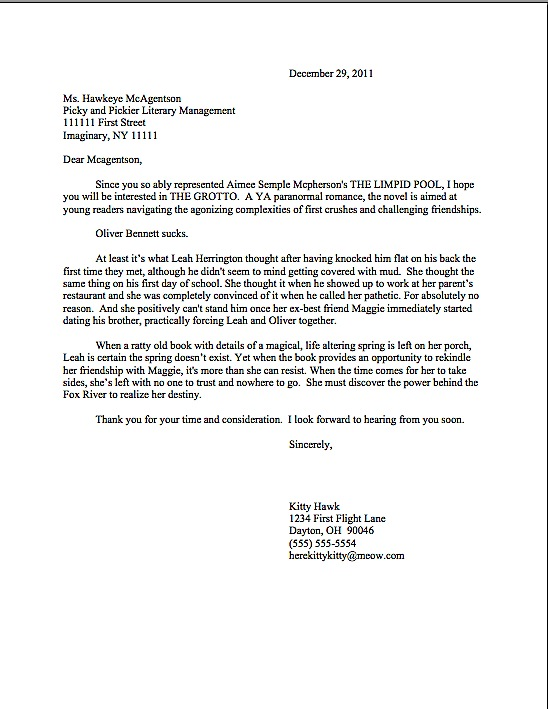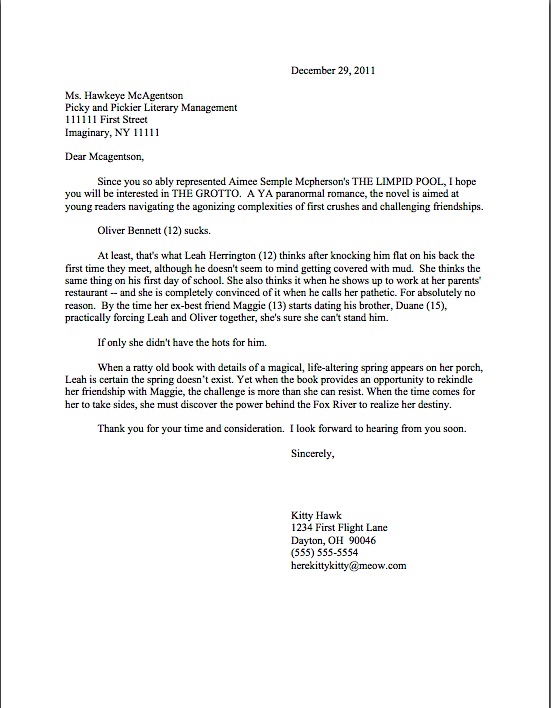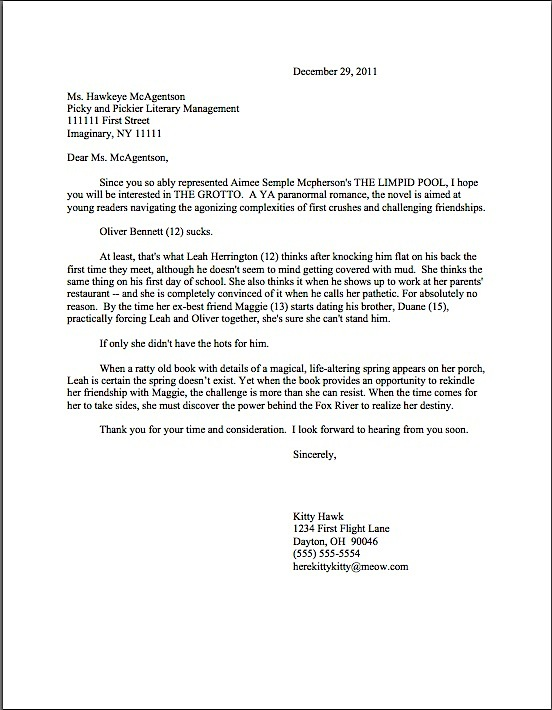Can you stand to see one more post on structural repetition, campers, before we move on to the promised two-week overview of how to prepare a literary contest entry? I honestly shan’t blame you if the answer is no: many writers, even those deeply devoted to discussion of craft in general, become a trifle uncomfortable when it becomes time to sit down with their own manuscripts, whip out the highlighter pens, and try to identify recurrent patterns in their own writing. Hits a trifle close to the knuckle, I suspect: as loath as any of us may be to admit it, the writing gaffes that make our old pall and nemesis, Millicent the agency screener, go pale and reach for the pile of photocopied form-letter rejections that’s never far from her elbow, are less often daring word experiments too radical for the current literary marketplace than simple reader-irritants like using and too often.
Sad but true, I’m afraid — and even I, inveterate in-depth technical discussion-monger that you know me to be, can readily admit that it’s a whole lot more fun to sit around and complain about recent trends in literature than to put our collective heads together for a confab on common forms of redundancy in submission. I’m not averse to a good gossip on the former; it’s merely been my experience that devoting some serious attention to the latter is considerably more useful to most good writers at submission or contest entry time.
I’m a reasonable person, however: all work and no play makes Jack a boy that types all work and no play on every page of a manuscript in a snow-bound hotel, right? So before I launch into that practical discussion that you knew would be coming, let’s have a little fun, shall we?
Not too long ago, an author who had established her literary credentials some decades ago — let’s call her Martha, because it’s nothing like her name — came over to my house for tea and a vigorous discussion of the ever-changing literary market. I love chatting with well-read, highly opinionated people on this particular subject, and Martha did not disappoint. She is, to put it mildly, no fan of what she calls “the recent vampire/werewolf/zombie craze,” nor does she entirely approve of this golden age of YA.
“I keep meeting wonderful writers,” she says, “who have just given up on writing for adults. Or about anyone with a pulse.”
I do, too, but actually, I find this view a trifle outdated: when I walk into, say, a Barnes & Noble today, what strikes me is not the size of the YA section (I think the expansion of this particular book category has yielded some great things) or how few novel protagonists boast pulses (for me, a little contact with the undead goes a long way), but what a high percentage of the books currently available for sale were written by those who no longer have pulses at all. I’m as fond of Mark Twain, Edgar Allen Poe, and Mary Wollstonecraft Shelley as the next person, but do they really need to take up half the recommended reading table AND an entire shelf of the sale books? Might an enterprising publisher not shell out for some display space for a few more living authors?
And while we’re at it, is there a particular reason that so many bookstores stock only FRANKENSTEIN, but not any of Shelley’s other novels? Again, I’m as fond of, etc., etc., but the lady was prolific. For my money, VALPURGA, her fictional account of the Inquisition, dances circles around FRANKENSTEIN.
But perhaps that’s merely another manifestation of my preference for living protagonists, rather than revivified ones. And for heaven’s sake, walking corpses, stick to ruling the night — it annoys me when vampires traipse around in daylight, sparkling.
Compared to Martha, however, I’m a positive paranormal-hugger. As so often happens, in this particular conversation, I ended up defending publishing trends I do not necessarily applaud, simply because she seemed so very determined to ring the death knell for the industry — because, she said, “All publishers think about now is cash.”
That’s a very popular complaint amongst those who landed their agents back when it was considered a trifle gauche for writers to admit that they wanted to make a living at it. I have to say, though, that my kith and kin have been involved in producing books since the 1920s, and I can’t say that I’ve ever heard of a time when publishing was purely a charitable enterprise.
It is true that both agents and publishers routinely used to nurse promising authors through half a dozen books, despite anemic sales, in the hope that someday, he (and it was almost always he) would gain a larger audience. Now, if a new author’s book does not sell well, she (and it often is she these days) and her agent may well have trouble convincing even an editor absolutely besotted with her prose stylings to take a chance with her next.
Hey, the bookstore needs that shelf space for its fifth copy of FRANKENSTEIN.
To be fair, though, readers also have quite different expectations than they did when Shelley’s debut novel hit the shelves — or, for that matter, when Martha’s did. Pacing is considerably faster these days, particularly in the U.S. fiction market; the passive voice so popular prior to World War II is considered stylistically rather weak. In deference to that type of browser who habitually grabs books off the shelves and reads page 1 before purchasing — or takes up the LOOK INSIDE challenge on Amazon — action tends to appear much earlier in plots than in years past.
Yes, even in literary fiction. If you don’t believe me, do some comparative reading of what was considered a cutting-edge literary novel in 1934 and what is coming out today. Or 1954. Or even 1984.
If it’s any consolation, Martha didn’t want to believe it, either. Like most writers, she would prefer to believe that good writing is good writing, period.
But that’s not precisely true. Because I am, as you may have noticed, deeply devoted to concrete examples, I reached over to my fiction bookshelves for an example of good, solid literary writing that might have trouble getting published, or even landing an agent, today. I didn’t have to run my fingertips past more than half a dozen spines before I found a great page 1: William Styron’s breakthrough 1951 novel, LIE DOWN IN DARKNESS.
For decades, Styron was considered a writer’s writer: not only was he a grand storyteller, but his prose stylings made other writers drool with envy. In fact, I would urge all of you to read this lyrical, moving book in its entirety (after you polish off VALPURGA, perhaps). For our purposes, though, I’m going to show you only what I read to Martha. Try to absorb it on two levels: for the quality of the writing — and Millicent might respond to it if it landed on her desk as a submission from an unknown writer today. To aid in that imaginative feat, I’ll even show it to you as she would see it.
“Wow, I had forgotten what a wonderful writer he was,” Martha said. “Why did you stop there?”
“Because,” I said, bracing myself for the inevitable outcry of the literary-minded, “an agency screener wouldn’t have read any farther.”
Any guesses why? How about that paragraph-long, 118-word opening sentence? Or the two subordinate clauses beginning with which and the one with where? Or the piling-up of prepositions? Or the abrupt shift from the third person to the second on line 6?
None of this, of course, mars the inherent loveliness of the writing; hearing it read out loud, Martha was quite right to be impressed. As seen on the submission page, though, how likely to you think Millicent is to exclaim, as my guest did, “Wow, this is a wonderful writer,” rather than “Wow, that’s quite a run-on sentence?”
And having emitted the second, how likely is she not to follow it with, “Next!”
Darned right, that would be a pity: this is a beautifully-written, incisive novel. But Millicent is in fact justified in believing that a browser picking up this page 1 is likely to set the book back on the shelf again halfway through that gargantuan opening sentence.
What would make her so sure of that? Because the difference between the literary market of 1951 and the literary market of 2012 lies not merely in how quickly professional readers make up their minds about submissions, but also in non-professional readers’ expectations for what constitutes good writing.
I know, I know. After I made that argument to Martha, she kept feeling my head to see if I had developed a fever.
Why might a browser not be able to see past the length of that opening sentence? Memory, partially: the browser’s high school English teacher would have marked her down for producing a run-on of this magnitude. Besides, subordinate clauses are simply not as highly regarded as they used to be. Back in the day, literature was rife with these; now, most Millicents are trained to consider them, well, a bit awkward.
In fact, chances are very good that she was specifically trained to zero in on relative pronouns like which and subordinate conjunctions like where with the intent of ferreting out run-ons. That, I suspect, is going to come as surprise to those of you who love 19th-century novels.
We could quibble for hours about whether literary tastes have changed for better or worse. Since they have undoubtedly changed, though, it’s vital for aspiring writers who prefer more old-fashioned structures to realize that what was hailed by critics in 1951 might well give Millicent pause on page 1 today.
Or even give her an excuse to stop reading. But that does not necessarily mean that if the late lamented Mssr. Styron were trying to break into the literary fiction market today, I would advise him to lose all of the subordinate clauses.
Oh, I would certainly recommend some tinkering. That semicolon, for instance, could be replaced by a period at no great loss to the passage. Because the writing is so pretty here, however, I would be reluctant to impose the necessary cuts and changes on this passage, even for the purposes of an instructive example. As an editor, all I can justifiably do is point out the problems; it’s the writer’s job to rewrite.
That, too, often comes as a surprise to those harboring old-fashioned views of publishing. I meet aspiring writers all the time who greet any and all revision suggestions with an airy and dismissive, “Oh, I’m sure the acquiring editor/the agent of my dreams/some luckless proofreader will take care of that. All that matters at the submission stage is the quality of the writing.”
To a professional reader, that sentiment is, I’m afraid, nonsensical. Sentence-level difficulties are not external to the writing; they’re integral parts of it.
How a writer revises — or doesn’t — is as important to the ultimate quality of the book as the initial composition. Contrary to popular belief, though, there is no such thing as a single best way to revise a narrative, any more than there is a single best way to tell a story.
That being the case, how could an editor justifiably perform all necessary revisions to a manuscript? Or an agent, for that matter? And why wouldn’t a savvy writer prefer to make those changes herself, so she can control the voice?
Part of the charm of individual authorial voice is that it is, in fact, individual — but you’d never glean that from how writers (and writing teachers) tend to talk about revision. All too often, we speak amongst ourselves as though the revision process involves no more than either (a) identifying and removing all of the objectively-observable mistakes in a manuscript, or (b) changing our minds about some specific plot point or matter of characterization, then implementing it throughout the manuscript.
These are two perfectly reasonable self-editing goals, of course, but they are not the only conceivable ones. When dealing with what I call, with apologies to Madame Shelley, a Frankenstein manuscript — a text that, while perhaps prettily written, has not yet been revised to the level of professional polish — a conscientious self-editor might well perform a read-through for voice consistency, another for grammatical problems, a third for logic leaps, a fourth because the protagonist’s husband is a plumber in Chs. 1 -8 and 15, but the member of Congress representing Washington’s 7th District in Chs. 9-14 and 16-22…
And so forth. Revision can come in many, many flavors, variable by specificity, level of focus, the type of feedback to which the writer is responding, and even the point in publication history at which the manuscript is being revised.
Does that all sound dandy in theory, but perplexing in practice? Don’t worry; I am empress of the concrete example, remember? To help you gain a solid sense of how diverse different of levels of revision can be, I’m going to treat you to a page from one of my favorite fluffy novels of yore, Noël Coward’s POMP AND CIRCUMSTANCE, a lighthearted romp set in a tropical British colony on the eve of a royal visit.
I chose this piece not merely because it retains a surprisingly high level of Frankenstein manuscript characteristics for a work by a well-established author (possibly because it was Coward’s only published novel), or even because it deserves another generation of readers. (As it does; his comic timing is unparalleled.) I think it’s an interesting study in how literary conventions change: even at the time of its release in 1960, some critics considered this novel a bit outdated. Coward’s heyday had been several decades before, they argued, so the type of sex comedy that used to shock in the 1920s was a bit passé, and wasn’t it a bit late in the literary day to steer so firmly away from sociopolitical commentary?
Now, sociopolitical commentary has largely fallen out of style, at least in first novels, and sex, as Coward himself was fond of observing, seems to be here to stay. Here is a page from the end of the book, where our narrator, a harried British matron living on a South Sea island, finds herself entertaining Droopy, the husband of her best friend Bunny’s would-be mistress.
Yeah, I know: try pitching that at a writers’ conference today. To our muttons:
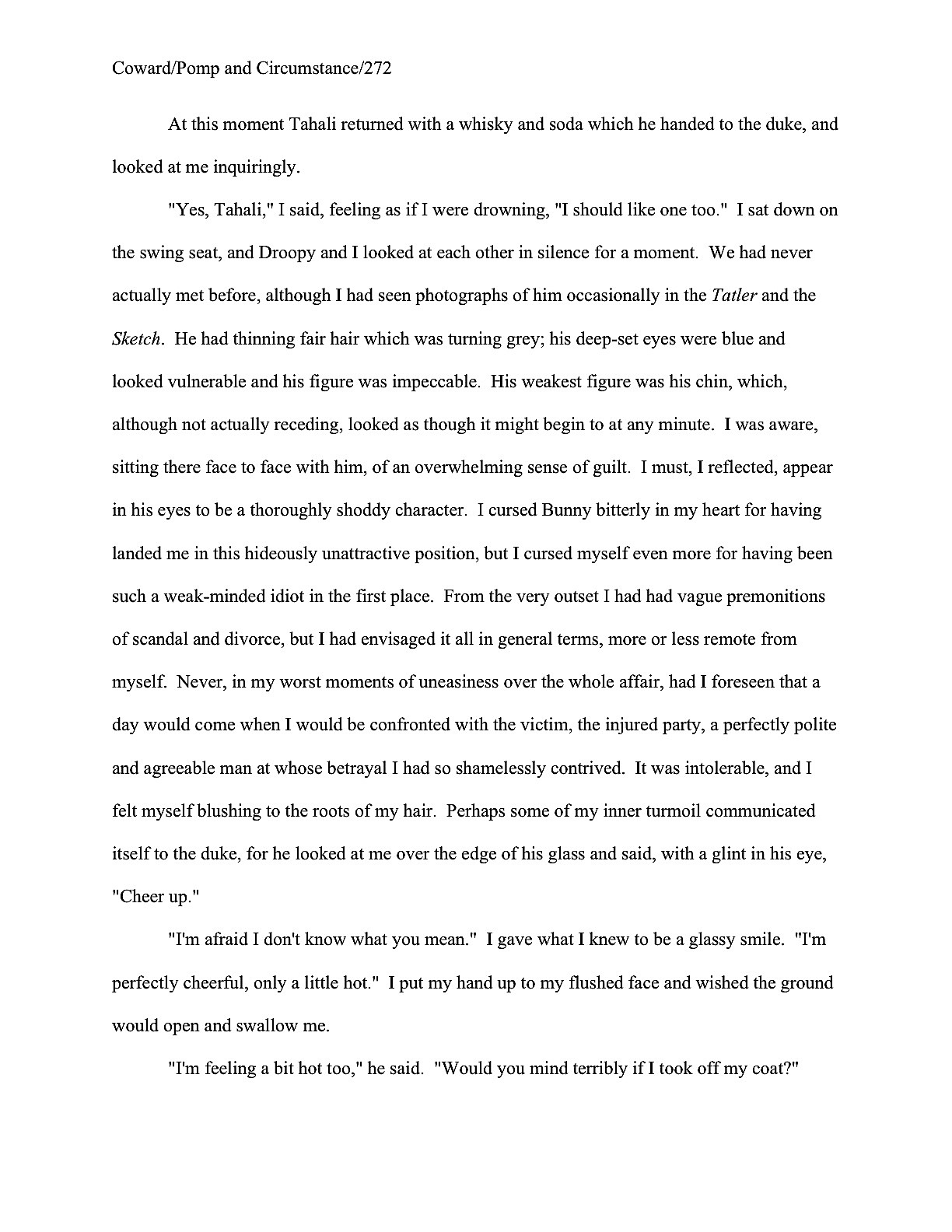
Amusing, certainly, but a bit Frankensteinish on the page is it not? At first glance, how would you suggest Noël revise it? Would your revision goals be different if this were page 5, rather than page 272?
Before you give your final answers, here’s that page again, after it has been subjected to just the kind of repetition-spotting mark-up I’ve been asking you to perform of late. Sorry about the dark image; I honestly didn’t take the photograph in a dank basement, but it certainly looks that way here. (If you’re having trouble reading the specifics, try pressing COMMAND and the + key simultaneously to enlarge it.)
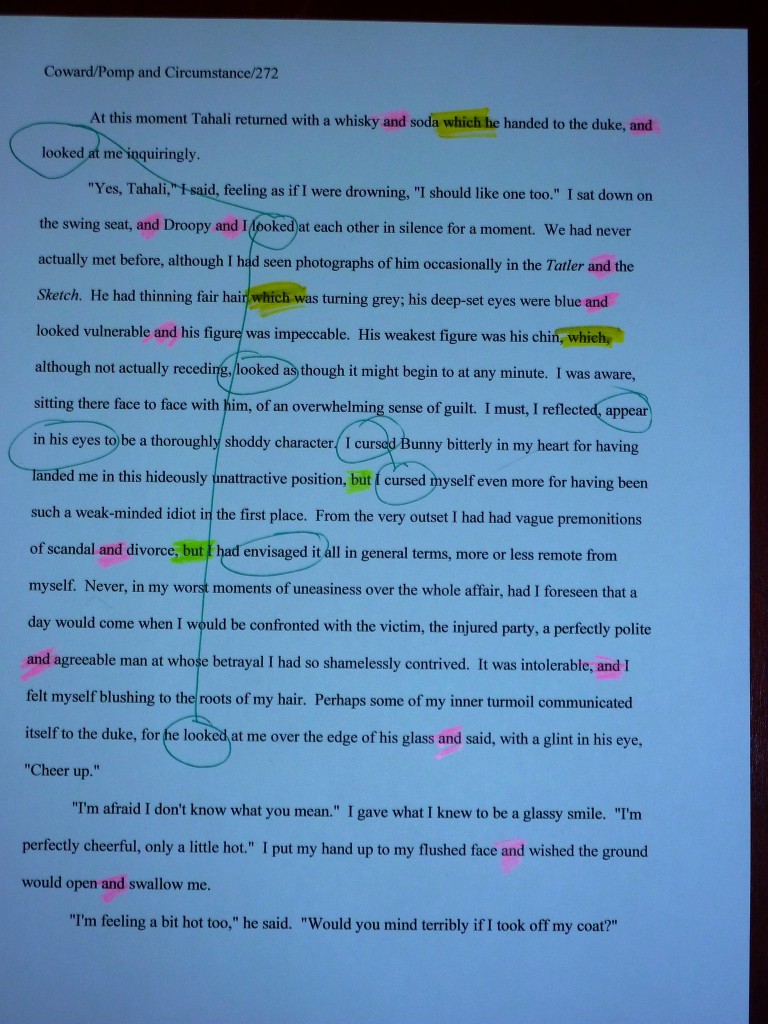
Replete with structural redundancy, is it not? By today’s publication standards, as Millicent would no doubt be overjoyed to tell you, it would deserve instant rejection on that basis alone. And that’s not even taking into account how under-commaed the text is.
But would you agree? Or is the very repetition an inherent part of this comic voice?
Arguments could be made in both directions, you know. After all, this narrative voice is not all too far from the kind of writing we all see every day online, or even in the chattier varieties of journalism. We can all see why some writers would favor this kind of voice, right? Read out loud, this kind of first-person narration can sound very natural, akin to actual speech.
That’s not to say, though, that Millicent would not cringe at the very sight of it in a novel submission. And why? Feel free to chant it with me: the level of repetition that works in everyday speech is often hard to take on the printed page. Normal chit-chat is God-awfully repetitious.
As you noticed yourself in the example above, I suspect. Now that you see all of those ands and other word repetition marked on the page, you must admit that they are mighty distracting to the eye. By repeating the same sentence structures over and over, our buddy Noël is practically begging Millicent to skip lines while skimming.
Nor is all of the redundancy here literal; there’s a certain amount of conceptual repetition as well. Take note of all of those visually-based verbs: not only do people look a great deal (as they do in a good 95% of fiction submissions that tumble onto Millie’s desk, incidentally), but our heroine also envisages AND tries to imagine how she might appear in his eyes.
And did you catch the over-use of subordinate clauses, all of those whiches in yellow? While a tolerant Millie might be inclined to glide past one every ten or fifteen pages, even a screener noted for her restraint would begin to get restless with a quarter as many as appear on that single page above.
That almost certainly would not have been Millicent’s forebears’ primary objection in 1960, though, right? The literary gatekeepers would have concentrated on quite different parts of this page — the grammatically-necessary missing commas, for instance, and the back-to-back prepositions.
Longing to see how Millicent’s grandmother would have commented on this page? Well, you’re in luck; I just happen to have her feedback handy.
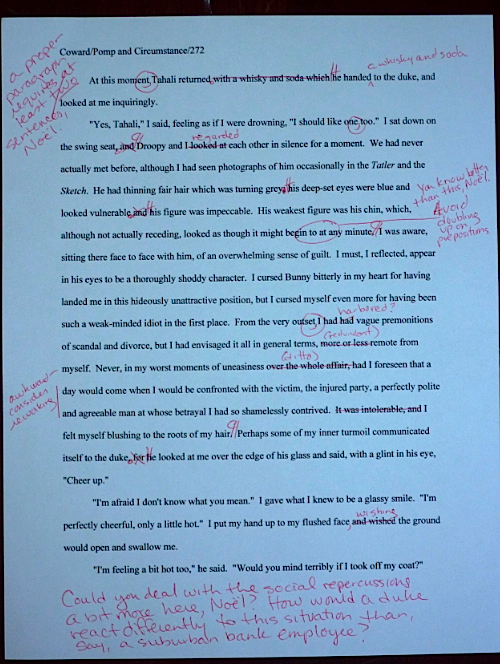
Let’s linger a moment in order to consider Grandma M’s quibbles. First, as she points out so politely in red at the top of the page, it takes at least two sentences to form a narrative paragraph. In dialogue, a single-line paragraph is acceptable, but in standard narrative prose, it is technically incorrect.
Was that gigantic clunk I just heard the sound of jaws belonging to anyone who has picked up a newspaper or magazine within the last decade hitting the floor?
In theory, Grandma M is quite right on this point — and more of her present-day descendants would side with her than you might suppose. Millie’s grandmother did not bring her up to set grammar at naught lightly, after all. But does that necessarily mean it would be a good idea for you to sit down today and excise every single-sentence narrative paragraph in your manuscript?
Perhaps not: the convention of occasionally inserting a single-line paragraph for emphasis has become quite accepted in nonfiction. The practice has crept deeply enough into most stripes of genre fiction that it probably would not raise Millicent’s eyebrows much. But how can you tell if the convention is safe to use in your submission?
As always, the best way of assessing the acceptability of any non-standard sentence structure in a particular book category is to become conversant with what’s been published in that category within the last few years. Not just what the leading lights of the field have been writing lately, mind you; what an established author can get away with doing to a sentence is not always acceptable in a submission by someone trying to break into the field.
Pay attention to what kinds of sentences first-time authors of your kind of book are writing these days, and you needn’t fear going too far afield. As a general rule, even first-time novelists can usually get the occasional use of the single-sentence paragraph device past Millicent — provided that the content of the sentence in question is sufficiently startling to justify standing alone. As in:
The sky was perfectly clear as I walked home from school that day, the kind of vivid blue first-graders choose from the crayon box as a background for a smiling yellow sun. The philosopher Hegel would have loved it: the external world mirroring the clean, happy order of my well-regulated mind.
That is, until I tripped over the werewolf lying prone across my doorstep.
Didn’t see that last bit coming, did you? The paragraph break emphasizes the jaggedness of the narrative leap — and, perhaps equally important from a submission perspective, renders the plot twist easier for a skimming eye to catch.
Grandma M would growl at this construction (my, Granny, what big teeth you have!), and rightly so. Why? Well, it violates the two-sentences-or-more rule, for starters. In the second place, this problem could have been avoided entirely by eschewing the RETURN key. In a slower world, one where readers lived sufficiently leisurely lives that they might be safely relied upon to glance at every sentence on a page, all of this information could have fit perfectly happily into a single paragraph. Like so:
The sky was perfectly clear as I walked home from school that day, the kind of vivid blue first-graders choose from the crayon box as a background for a smiling yellow sun. The philosopher Hegel would have loved it: the external world mirroring the clean, happy order of my well-regulated mind. That is, until I tripped over the werewolf lying prone across my doorstep.
I bring this up not only to appease Grandma M’s restless spirit, currently haunting an agency or publishing house somewhere in Manhattan, but so that those of you addicted to single-line paragraphs will know what to do with hanging sentences: tuck ‘em back into the paragraph from whence they came. Ruthlessly.
At least a few of them. Please?
Really, it’s in your submission’s best interest to use the single-line paragraph trick infrequently, reserving it for those times when it will have the most effect. That will at least give your narrative the advantage of novelty.
How so? Well, amongst aspiring writers who favor this structure, moderation is practically unheard-of. Many, if not most, novelists and memoirists who favor this device do not use the convention sparingly, nor do they reserve its use for divulging information that might legitimately come as a surprise to a reasonably intelligent reader.
As a result, Millie tends to tense up a bit at the very sight of a single-sentence paragraph — yes, even ones that are dramatically justifiable. Hard to blame her, really, considering how mundane some of the revelations she sees in submissions turn out to be. A fairly typical example:
The sky was perfectly clear as I walked home from school that day, the kind of vivid blue first-graders choose from the crayon box as a background for a smiling yellow sun. The philosopher Hegel would have loved it: the external world mirroring the clean, happy order of my well-regulated mind.
Beside the sidewalk, a daffodil bloomed.
Not exactly a stop-the-presses moment, is it?
Often, too, aspiring writers will use a single-line paragraph to highlight a punch line. This can work rather well, if the device does not crop up very often in the text — any literary trick will lose its efficacy if it’s over-used — AND if the joke is genuinely funny.
Much of the time in manuscripts, alas, it isn’t. At least not hilarious enough to risk enraging Grandma M’s spirit by stopping the narrative short to highlight the quip. See for yourself:
The sky was perfectly clear as I walked home from school that day, the kind of vivid blue first-graders choose from the crayon box as a background for a smiling yellow sun. The philosopher Hegel would have loved it: the external world mirroring the clean, happy order of my well-regulated mind.
My Algebra II teacher would have fallen over dead with astonishment.
Gentle irony does not often a guffaw make, after all. And think about it: if the reader must be notified by a grammatically-questionable paragraph break that a particular line is meant to be funny, doesn’t that very choice indicate a certain authorial doubt that the reader will catch the joke? Or that it’s funny in the first place?
Grandma M’s other big objection to Noël’s page 272 — and this pet peeve, too, is likely to have been passed down the generations along with the porcelain teacups and the first edition of LEAVES OF GRASS — would be to, you guessed it, the many, many run-on sentences. The run-ons here, however, are not the result of the driving rhythmic pattern or descriptive complexity that made ol’ William go overboard on his opening; clearly, Noël was just trying to sound chatty.
Like so many aspiring novelists, our Noël favored an anecdotal-style narrative voice, one that echoes the consecutiveness of everyday speech. That can work beautifully in dialogue, where part of the point is for the words captured within the quotation marks to sound like something an actual human being might really say, but in narration, this type of sentence structure gets old fast.
Why might that be, dear readers? Sing along with me now: structural repetition reads as redundant. Varying the narrative’s sentence structure will render it easier, not to mention more pleasant, to read.
Are some of you former jaw-droppers waving your arms frantically, trying to get my attention? “Okay, Anne,” these sore-jawed folk point out, “I get it: Millicents have disliked textual repetition for decades now. No need to exhume Grandma M’s grandmother to hammer home that point; there are enough zombies lurching around the literary world at this juncture. But I’d had the distinct impression that Millie was a greater stickler for bigger-picture problems than her forebears. Don’t I have more important things to worry about than grammatical perfection when I’m getting ready to slide my manuscript under her nose?”
Well, grammatical perfection is always an asset in a submission or contest entry, ex-jaw-droppers. A completely clean manuscript is not at all an unreasonable goal for your pre-submission text scan.
You are right, however, that present-day Millicents do tend to be weighing a great many more factors than their grandmothers did when deciding whether the manuscript in front of them has publication potential. But not all of those factors involve large-scale questions of marketability and audience-appropriateness; Millicent is also charged with going over the writing with the proverbial fine-toothed comb. Using, of course, today’s standards as a guide.
What kinds of manuscript problems might catch on her comb that Grandma M’s would have missed, you ask with fear and trembling? See for yourself — here’s Millie’s response on the page we’ve been examining:
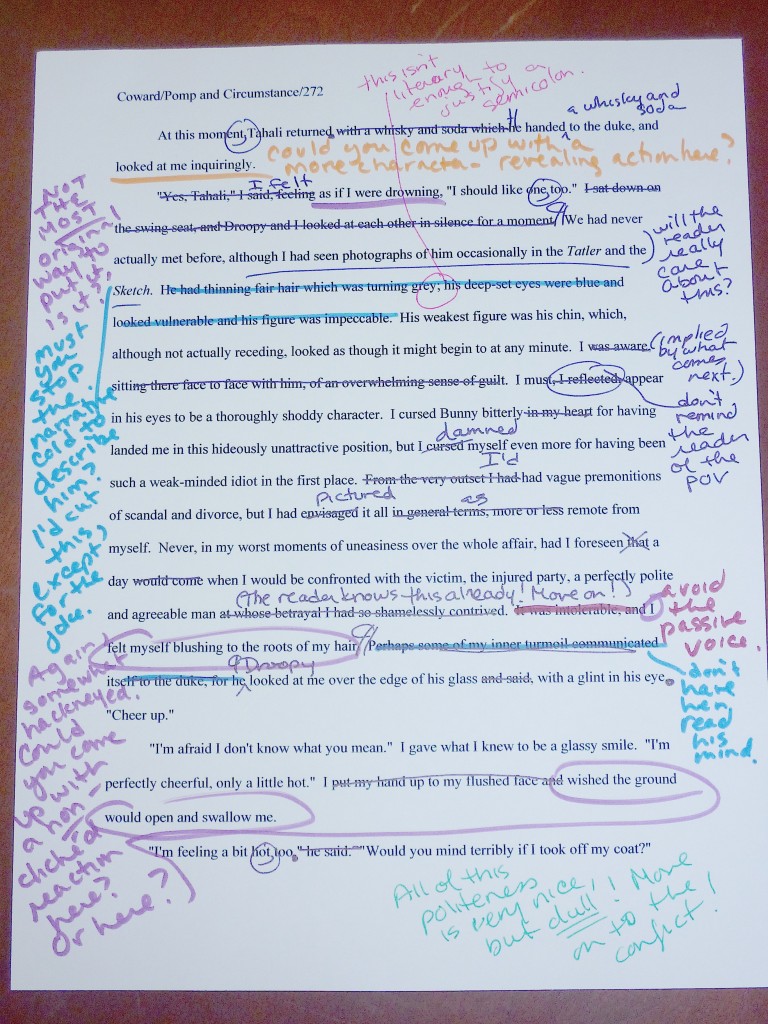
I sincerely hope that your first thought upon seeing her much, much higher expectations was not to wish that you’d had the foresight to try to land an agent back in 1960, rather than now. (Although I would not blame you at all if you kicked yourself for not launching your work back in the 1980s, when the home computer was available but not yet ubiquitous, astronomically increasing the number of both queries and submissions Millicent would see in a given week.) True, the competition to land an agent is substantially fiercer now, but it’s also true that a much, much broader range of voices are getting published than in Grandma M’s time.
Back then, if you weren’t a straight, white man from a solid upper-middle class home, Granny expected you at least to have the courtesy to write like one. (Styron’s father worked in a shipyard, so he had to fudge it a little; so did his contemporary Gore Vidal, for other reasons.) If you did happen to be a SWMFaSUMCH, you were, of course, perfectly welcome to try to imagine what it was like not to be one, although on the whole, your work would probably be more happily received if you stuck to writing what you knew. And if there was a typo in your manuscript, well, next time, don’t have your wife type it for you.
You think I’m making that last part up, don’t you? That’s a quote, something an agent told a rather well-known author of my acquaintance in the mid-1960s. The writer kept quiet about the fact that he was unmarried at the time and composed his books on a typewriter. “Yes,” he said, shaking his head with what he hoped was credible Old Boys’ Network condescension. “The little woman does occasionally miss the right key.”
It’s not enough to recognize that literary standards — and thus professional expectations for self-editing — have changed radically over time. It’s not even sufficient to accept, although I hope it’s occurred to you, that what constituted good writing in your favorite book from 1937 — or 1951, or 1960 — might not be able to make it past Millicent today. If you’re going to use authors from the past as your role models — a practice both Grandma M and your humble correspondent would encourage — you owe it to your career as a writer also to familiarize yourself with current releases in your book category.
Just for today, what I would like you to take away from these examples is that each of the editorial viewpoints would prompt quite different revisions — and in some instances, mutually contradictory ones. This is one reason the pros tend not to consider the revision process definitively ended until a book is published and sitting on a shelf: since reading can take place on many levels, so can revision.
Don’t believe me? Okay, clap on your reading glasses and peruse the three widely disparate results conscientious reviser Noël might have produced in response to each of the marked-up pages above. For the first, the one that merely noted the structural, word, and concept repetition, the changes might be as simple as this:
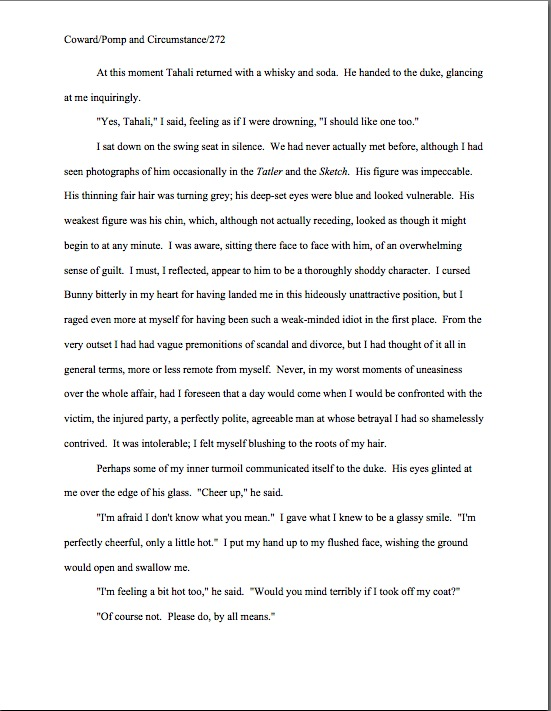
“Hey, Anne!” the sharper-eyed among you burble excitedly. “Despite the fact that Noël has added a couple of paragraph breaks, presumably to make it easier for the reader to differentiate between speech and thought, the text ends up being shorter. He snuck another line of text at the bottom of the page!”
Well-caught, eagle-eyed burblers. A thoughtfully-executed revision to minimize structural redundancy can often both clarify meaning and lop off extraneous text.
I hope you also noticed that while that very specifically-focused revision was quite helpful to the manuscript, it didn’t take care of some of the grammatical gaffes — or, indeed, most of the other problems that would have troubled Grandma M. Let’s take a peek at what our Noël might have done to page 272 after that august lady had applied her red pen to it. (Hint: you might want to take a magnifying glass to the punctuation.)
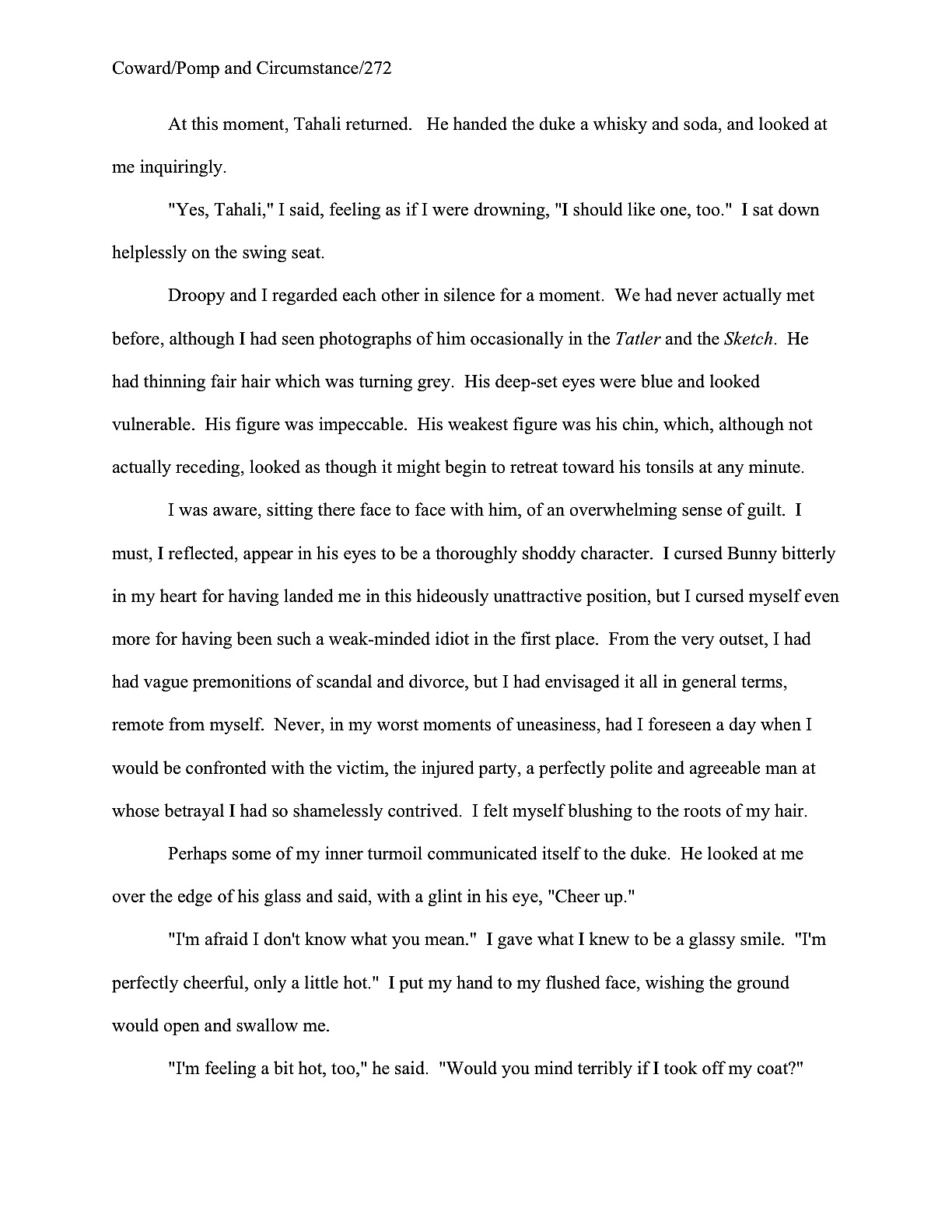
Quite different from the first revision, is it not? This time around, the punctuation’s impeccable, but the narration retains some of the redundancy that a modern-day Millicent might deplore.
Millie might also roll her eyes at her grandmother’s winking at instances of the passive voice and the retention of unnecessary tag lines. Indeed, for Noël to revise this page to her specifications, he’s going to have to invest quite a bit more time. Shall we see how he fared?
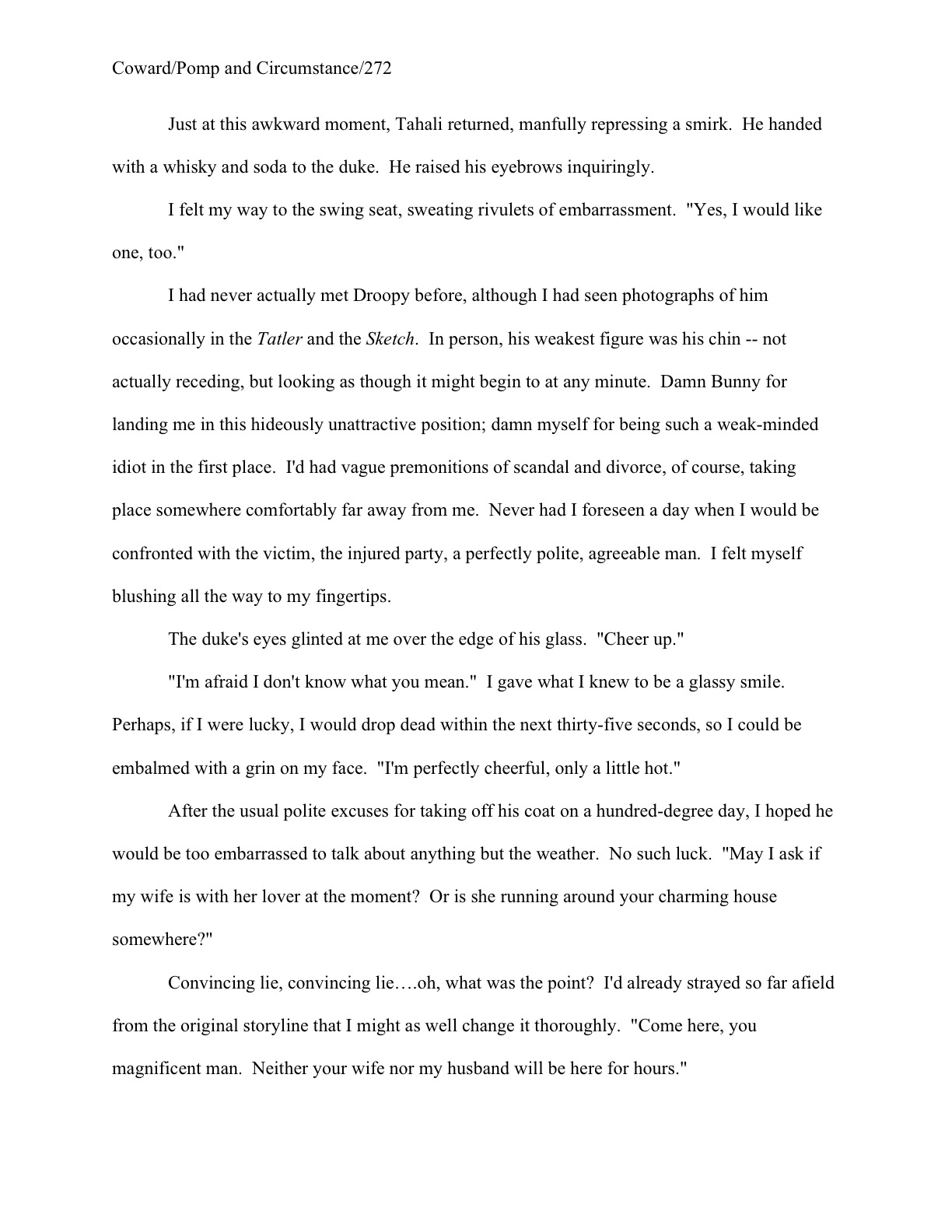
Remember, not every close-up examination of a single tree will result in a pruning plan that will yield the same forest. A savvy self-editor will bear that in mind, rather than expecting that any single pass at revision, however sensible, will result in a manuscript that will please every conceivable reader, anytime, anywhere.
By familiarizing yourself with the current norms in your chosen book category, you can maximize the probability that your self-editing eye will coincide with Millicent’s expectations. Keep up the good work!

